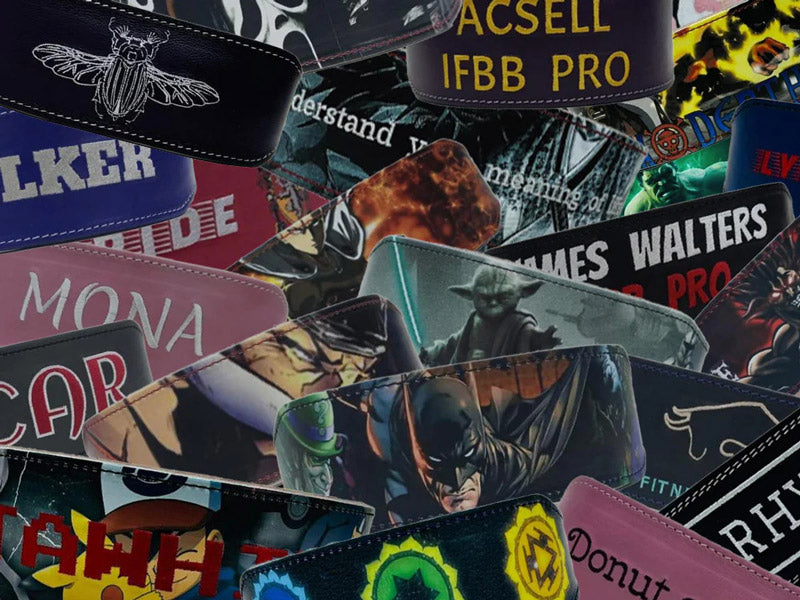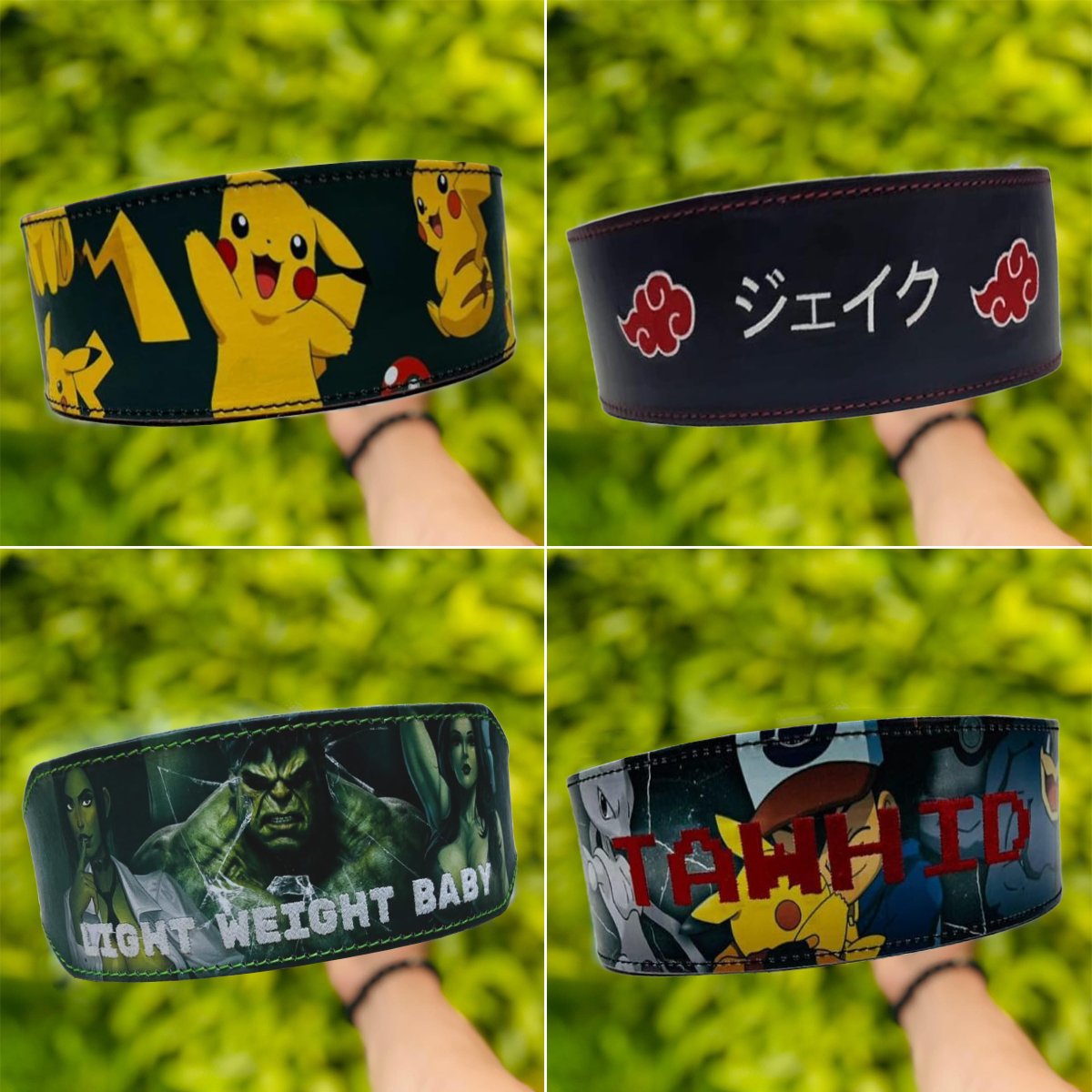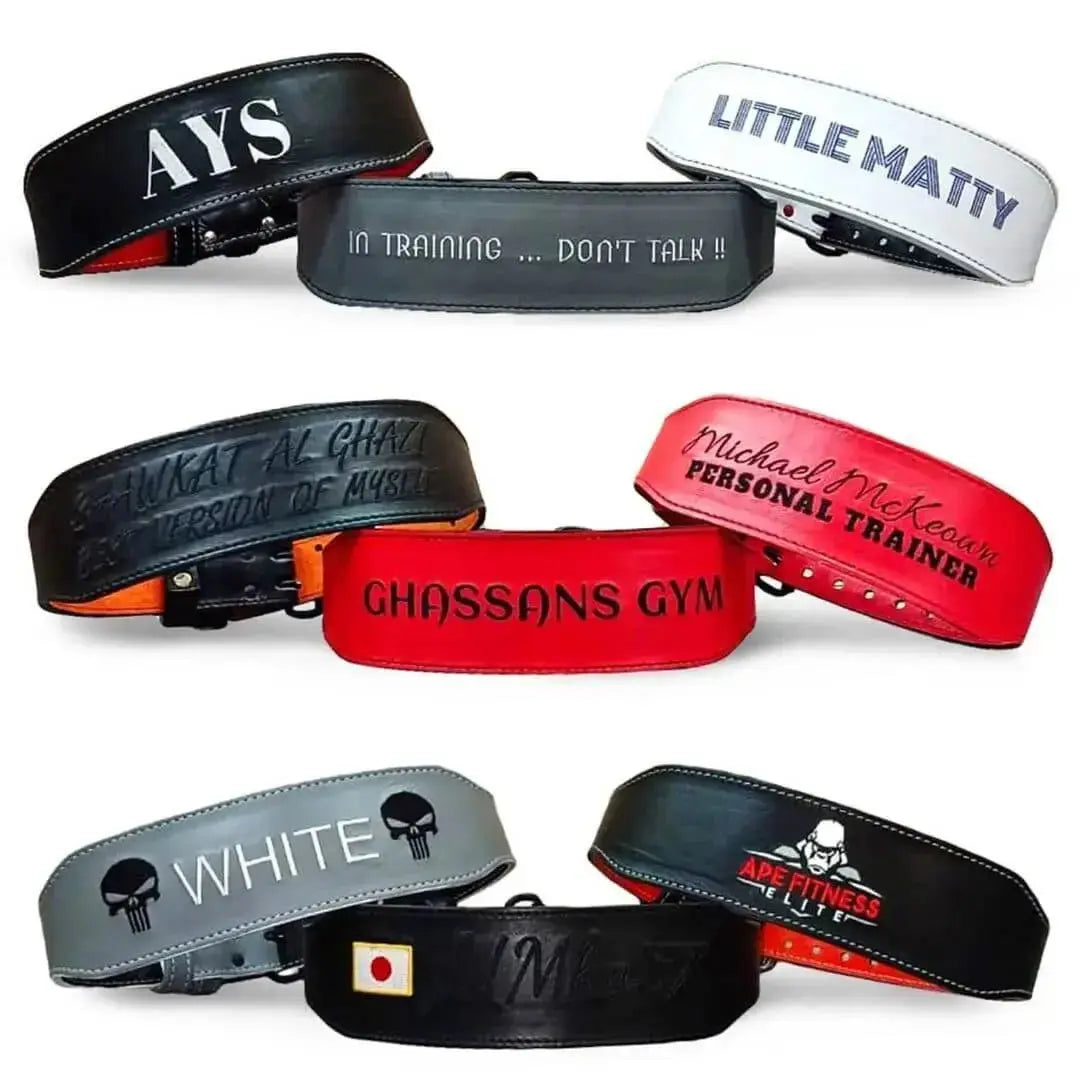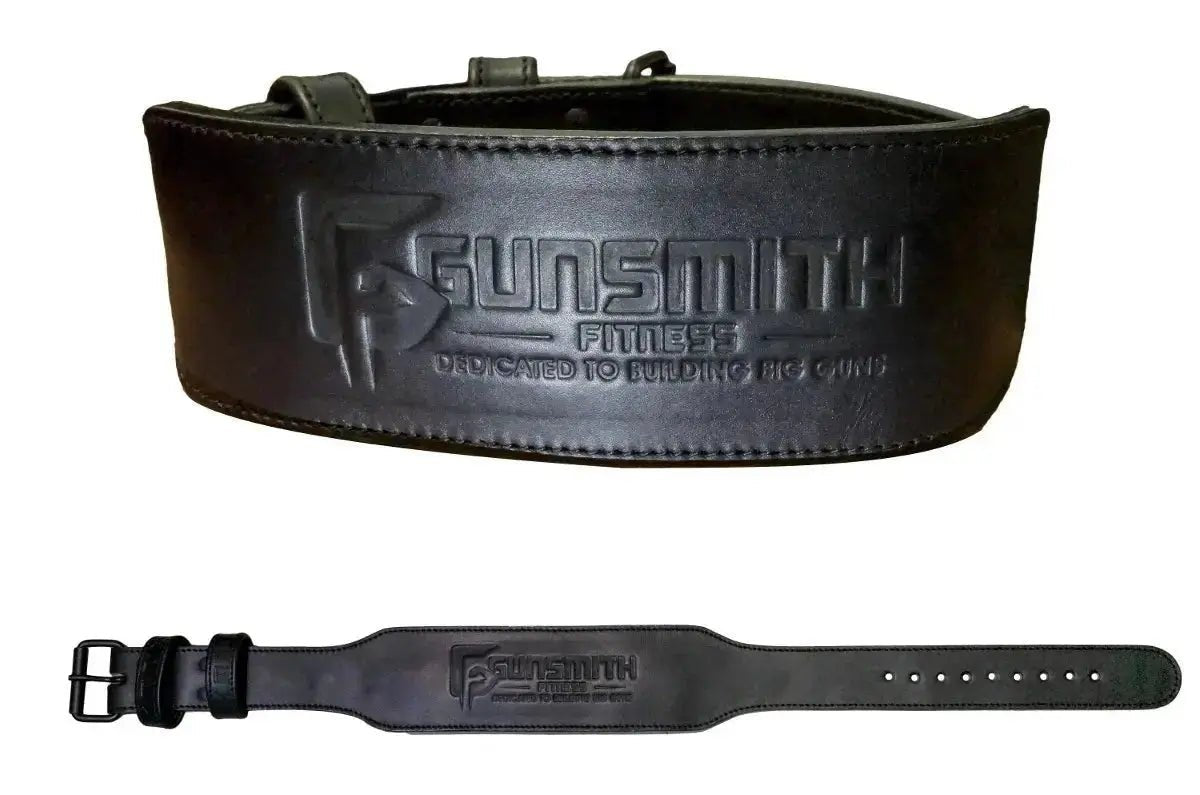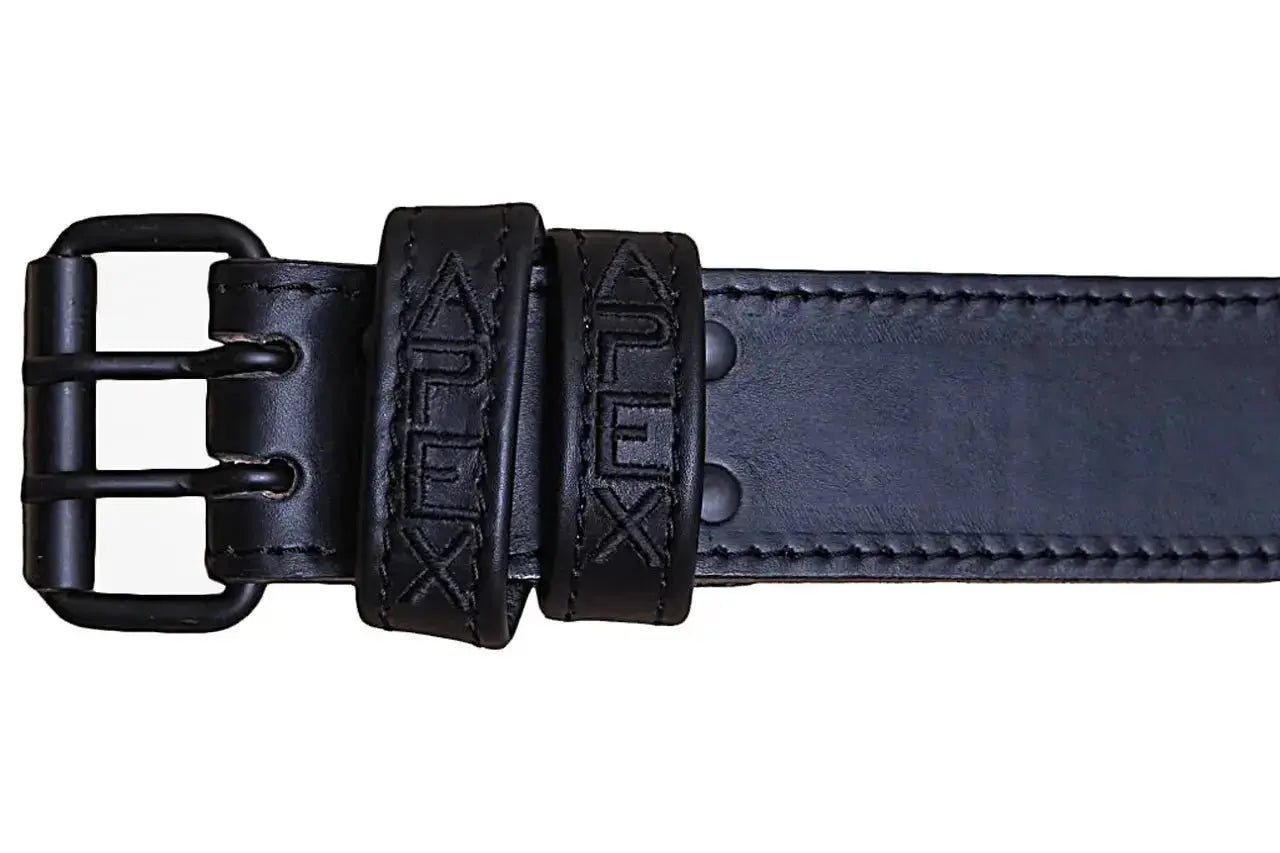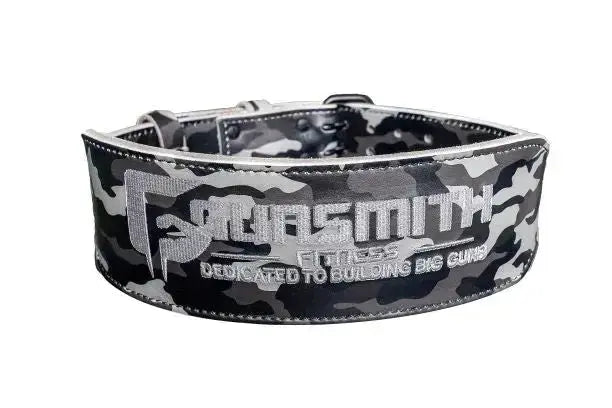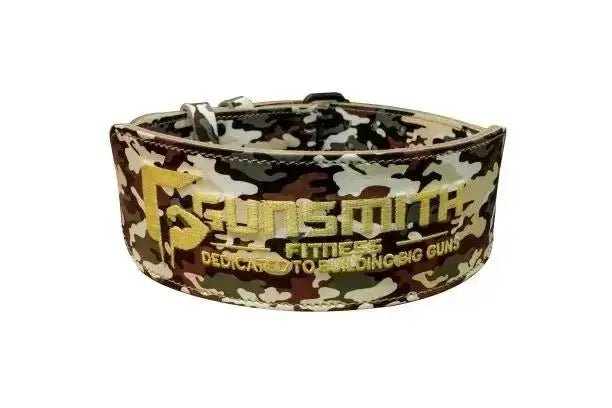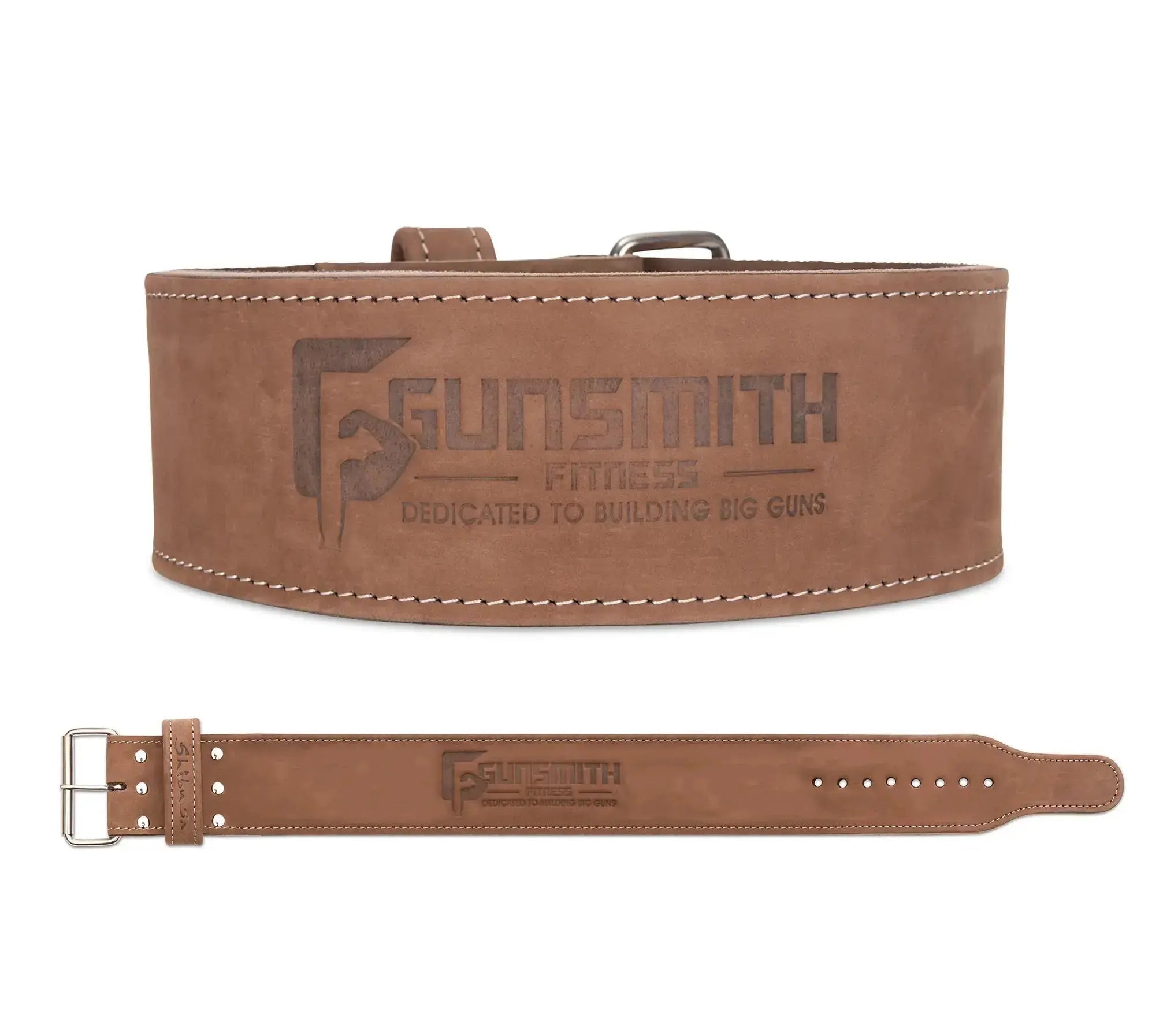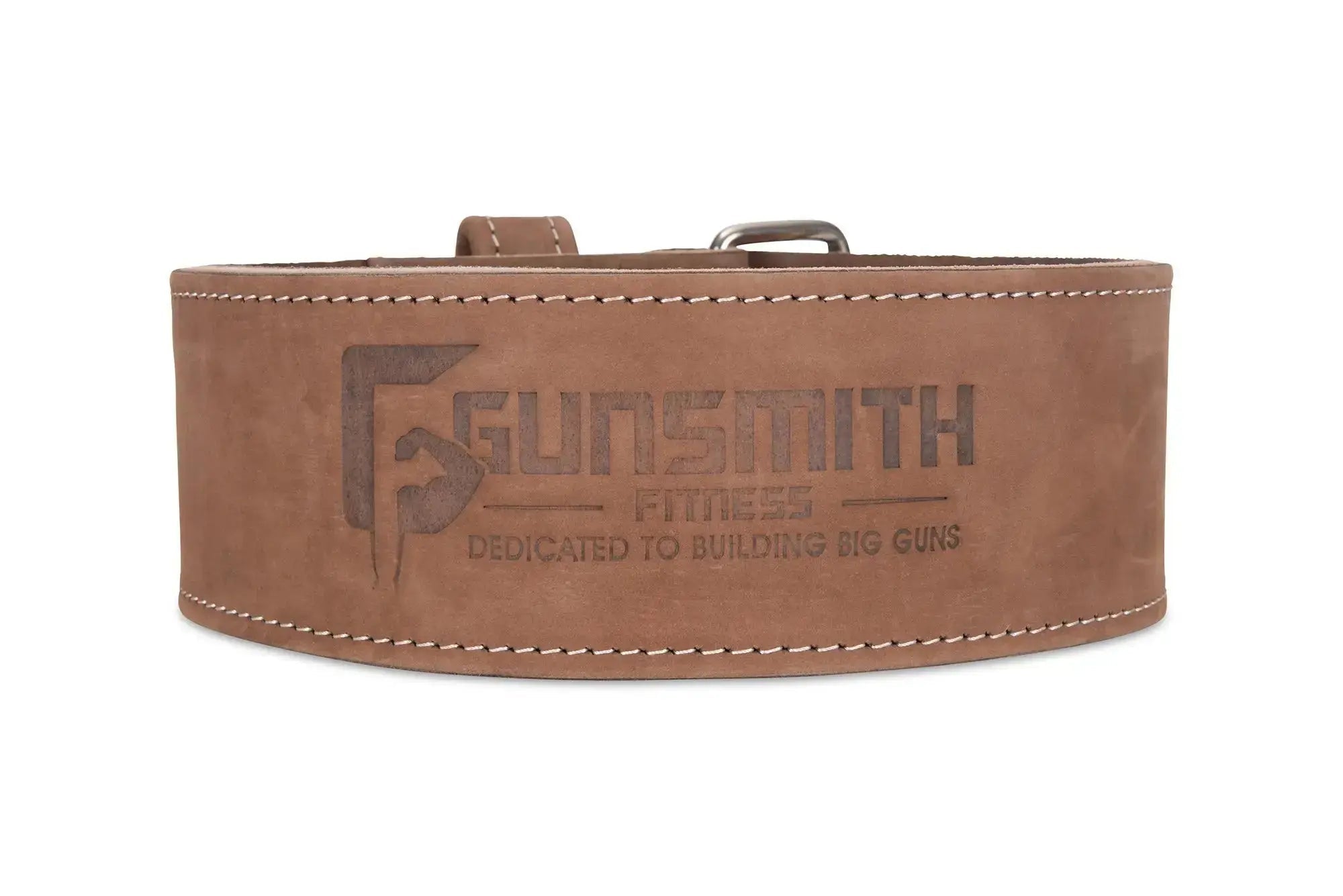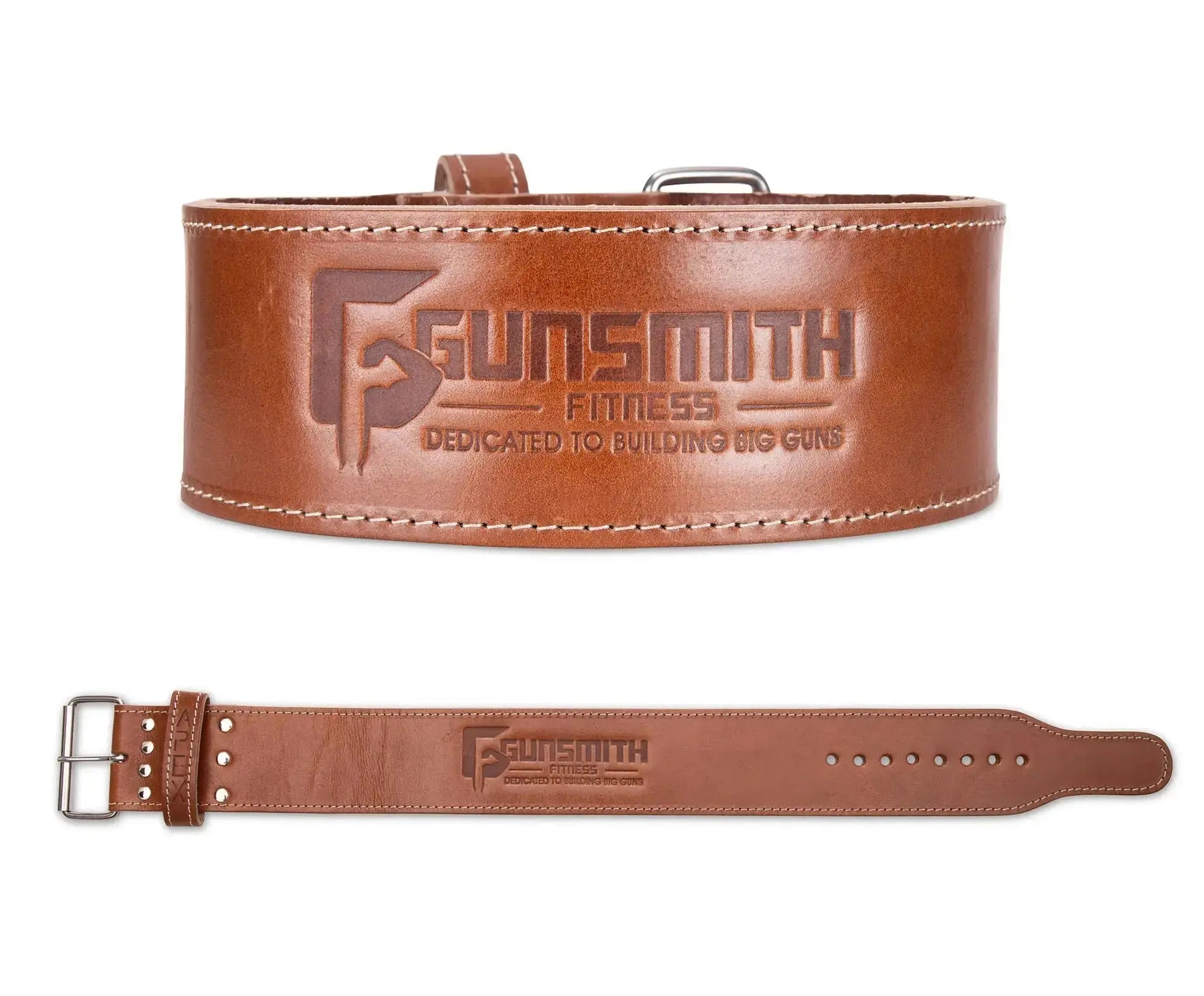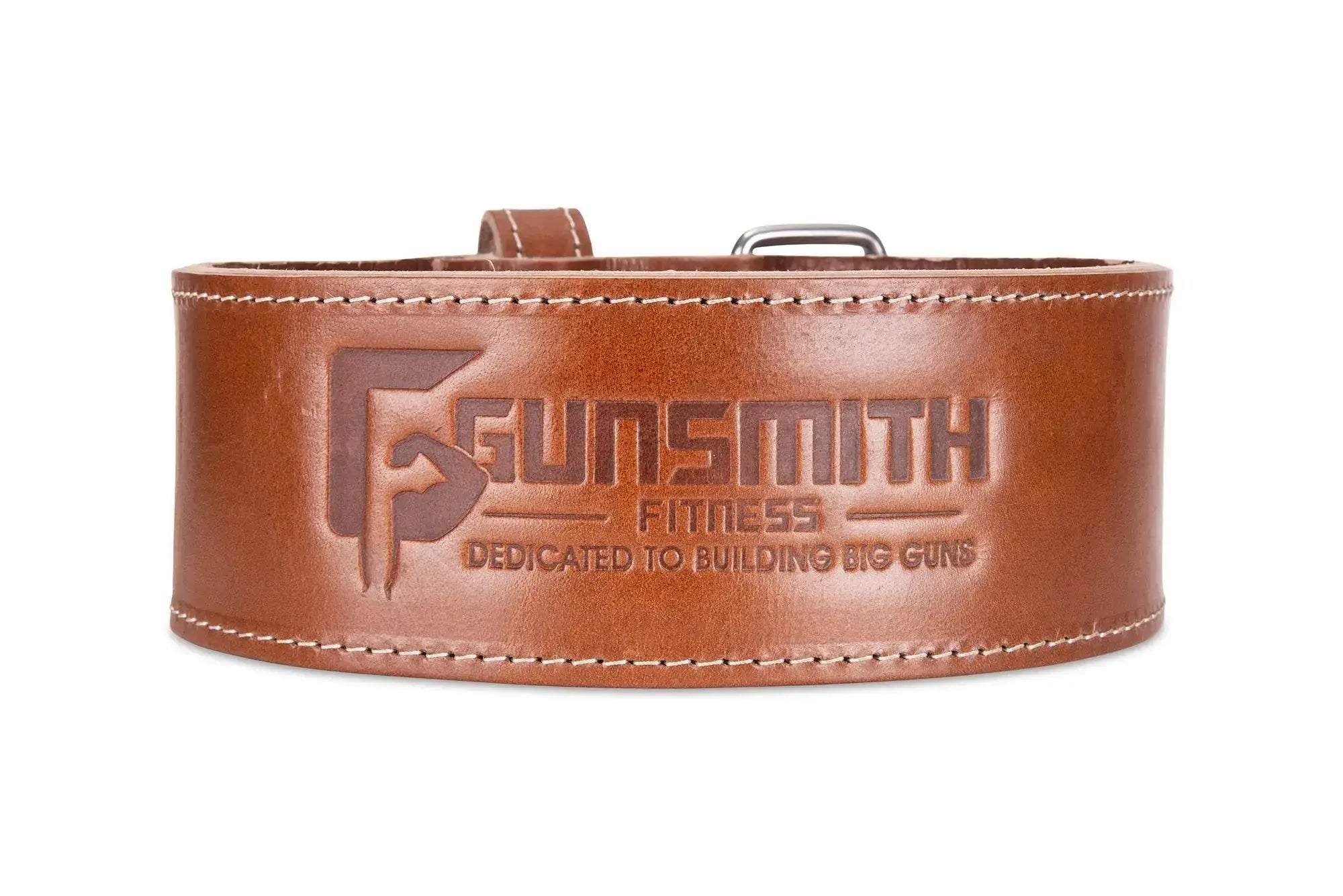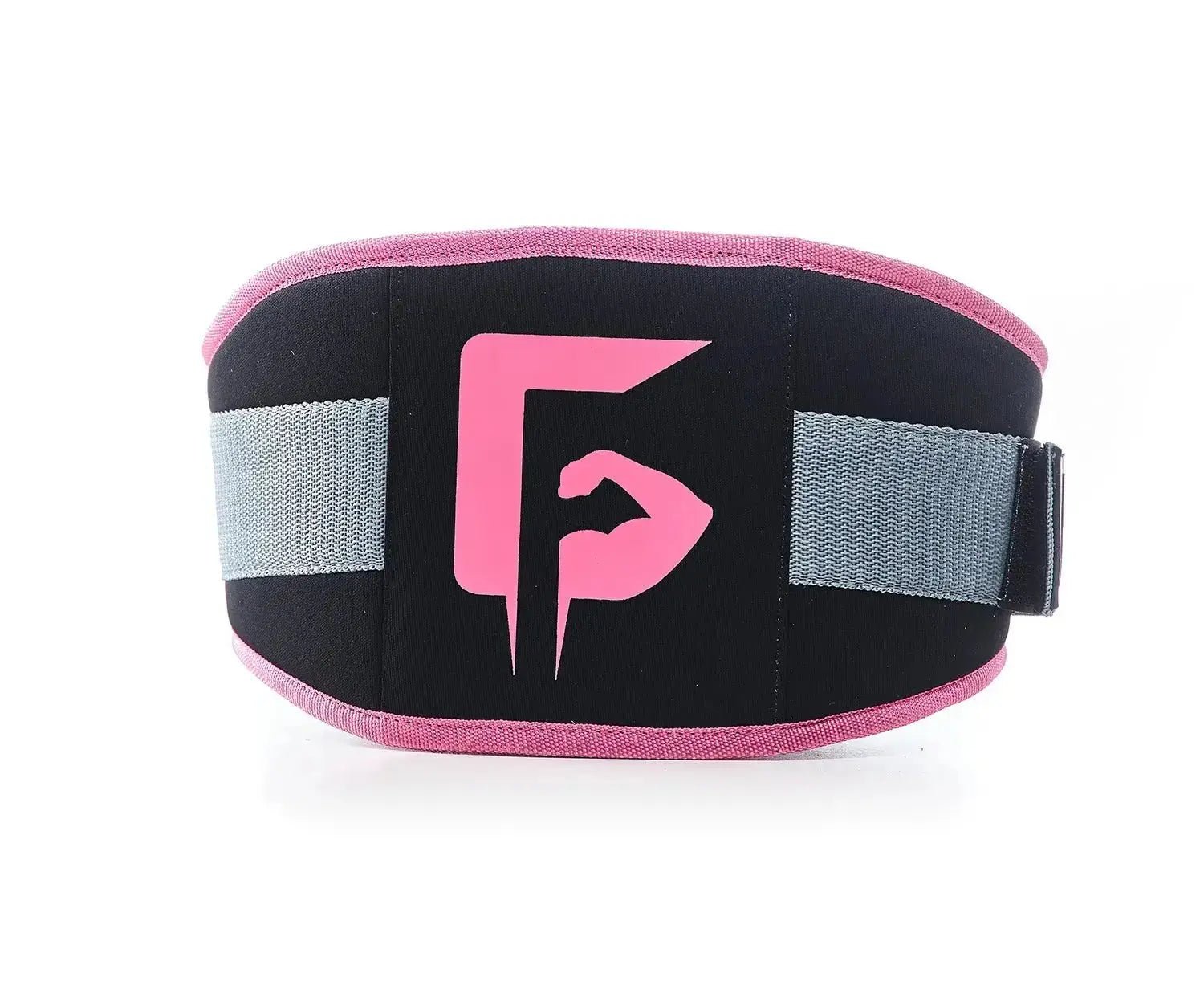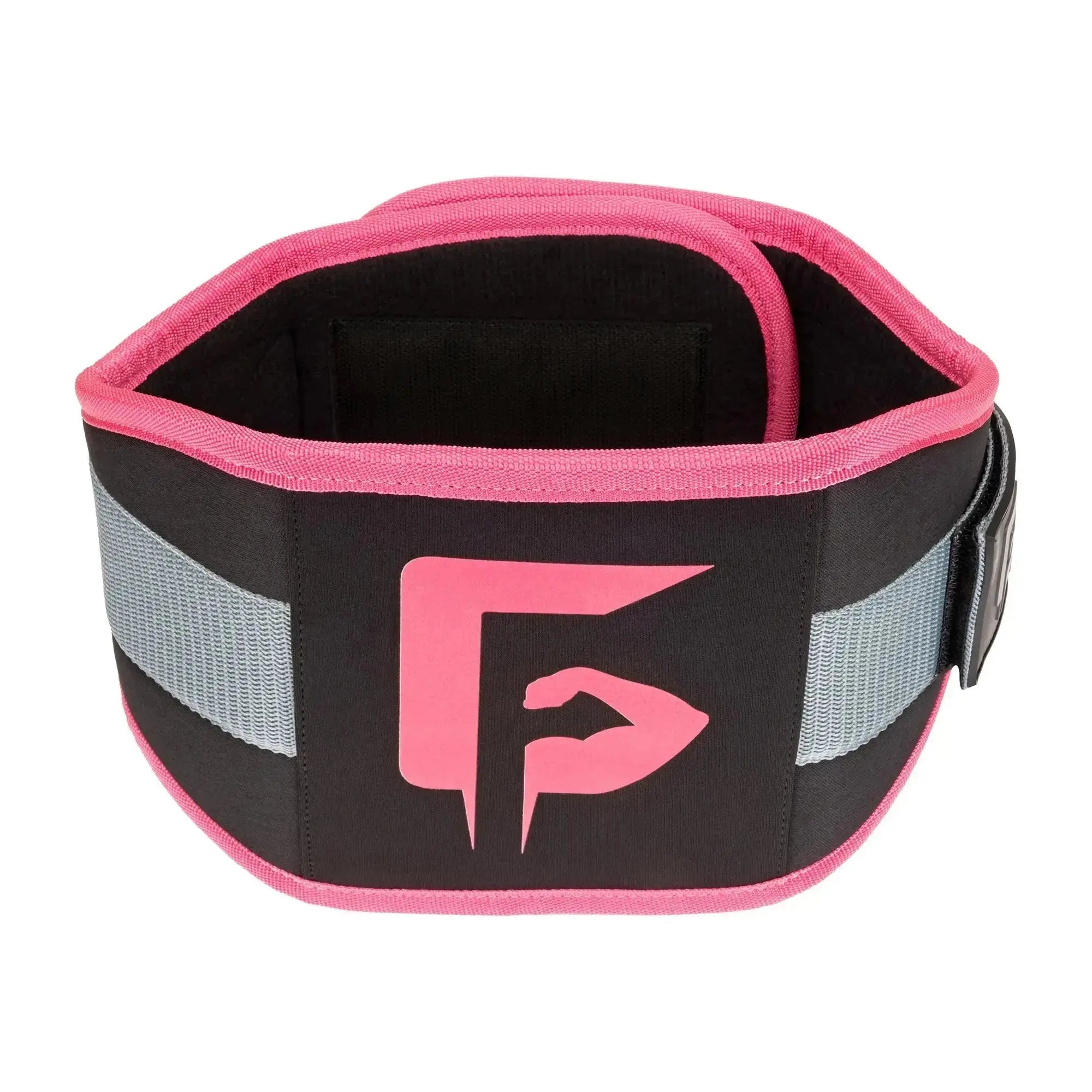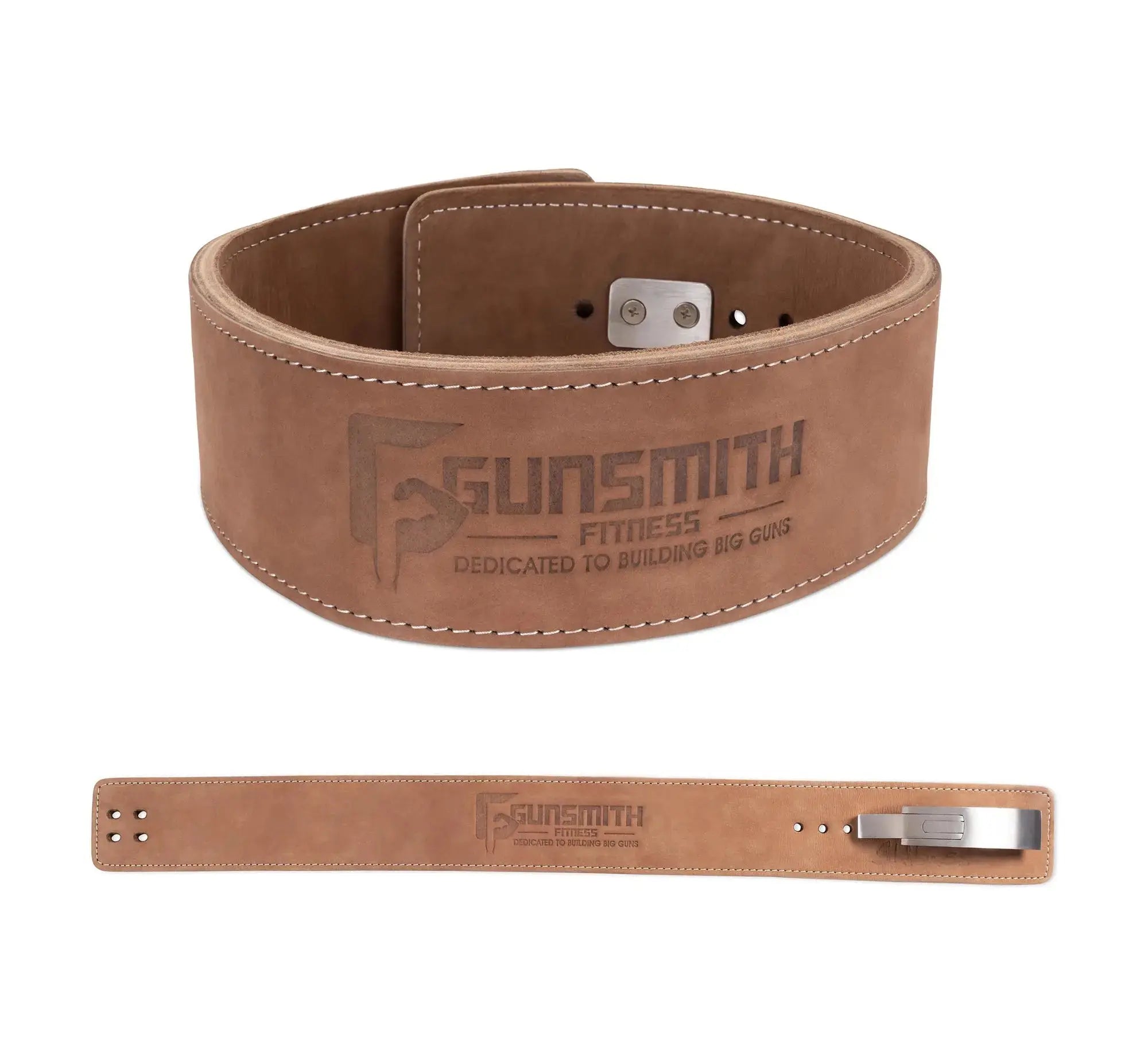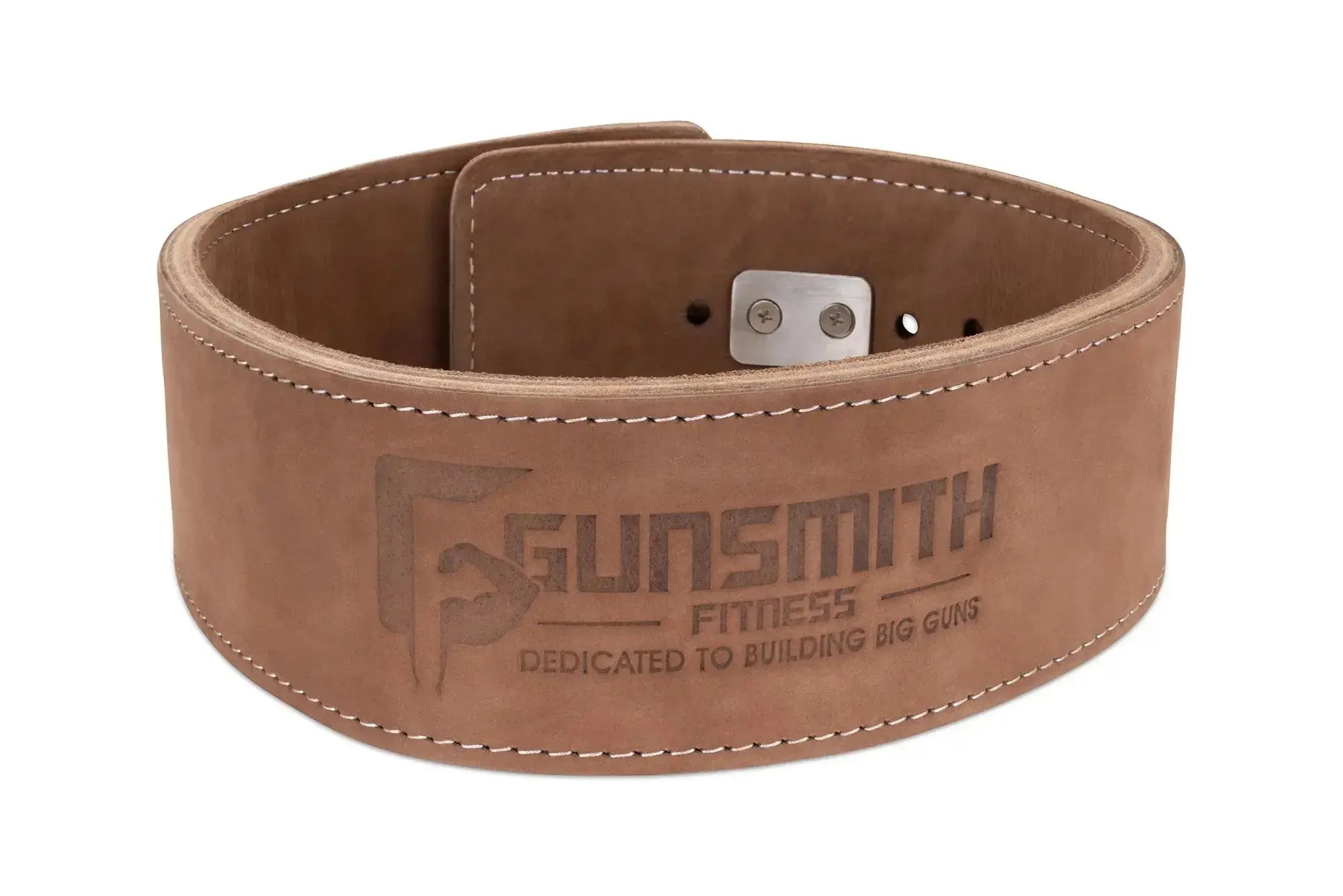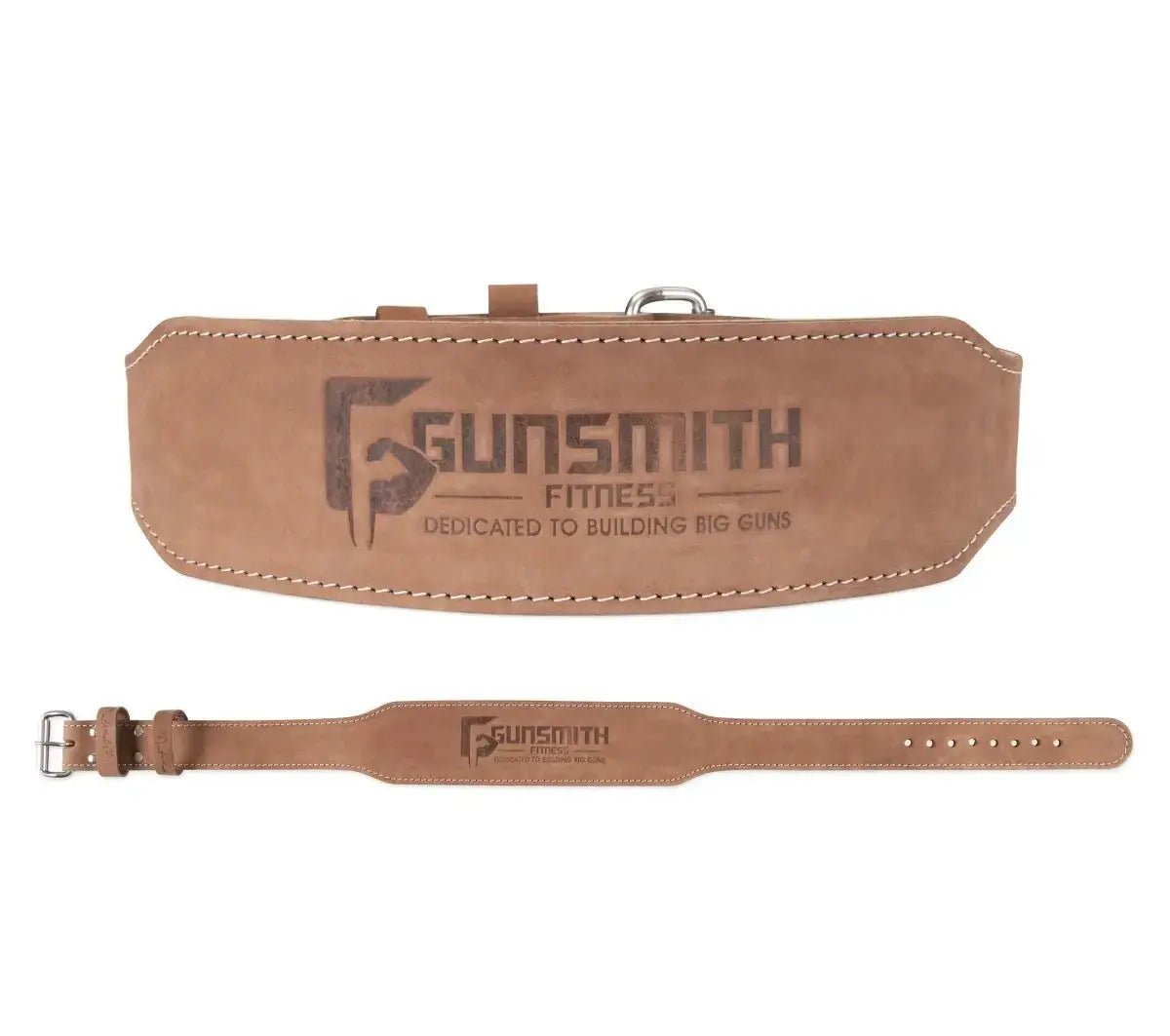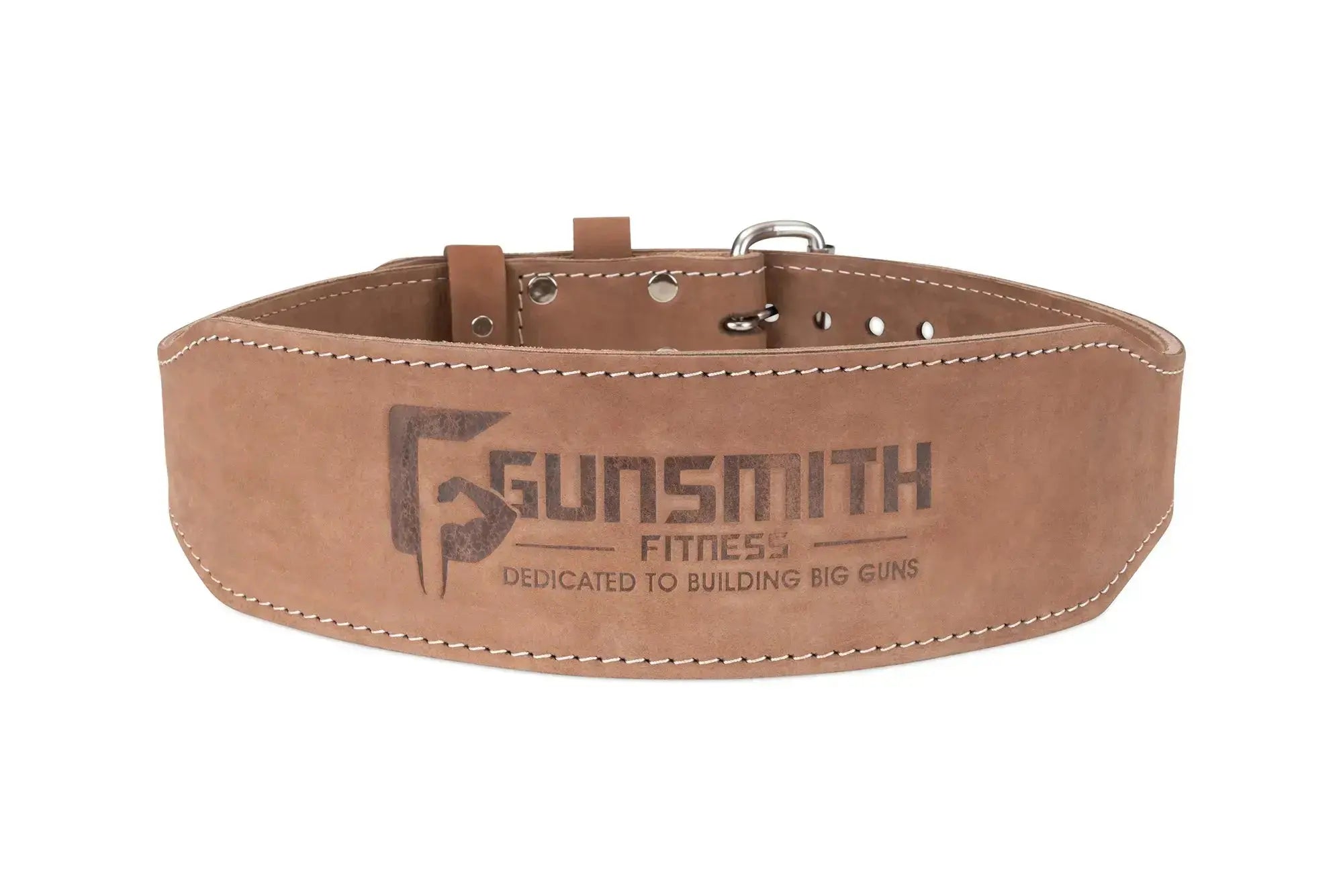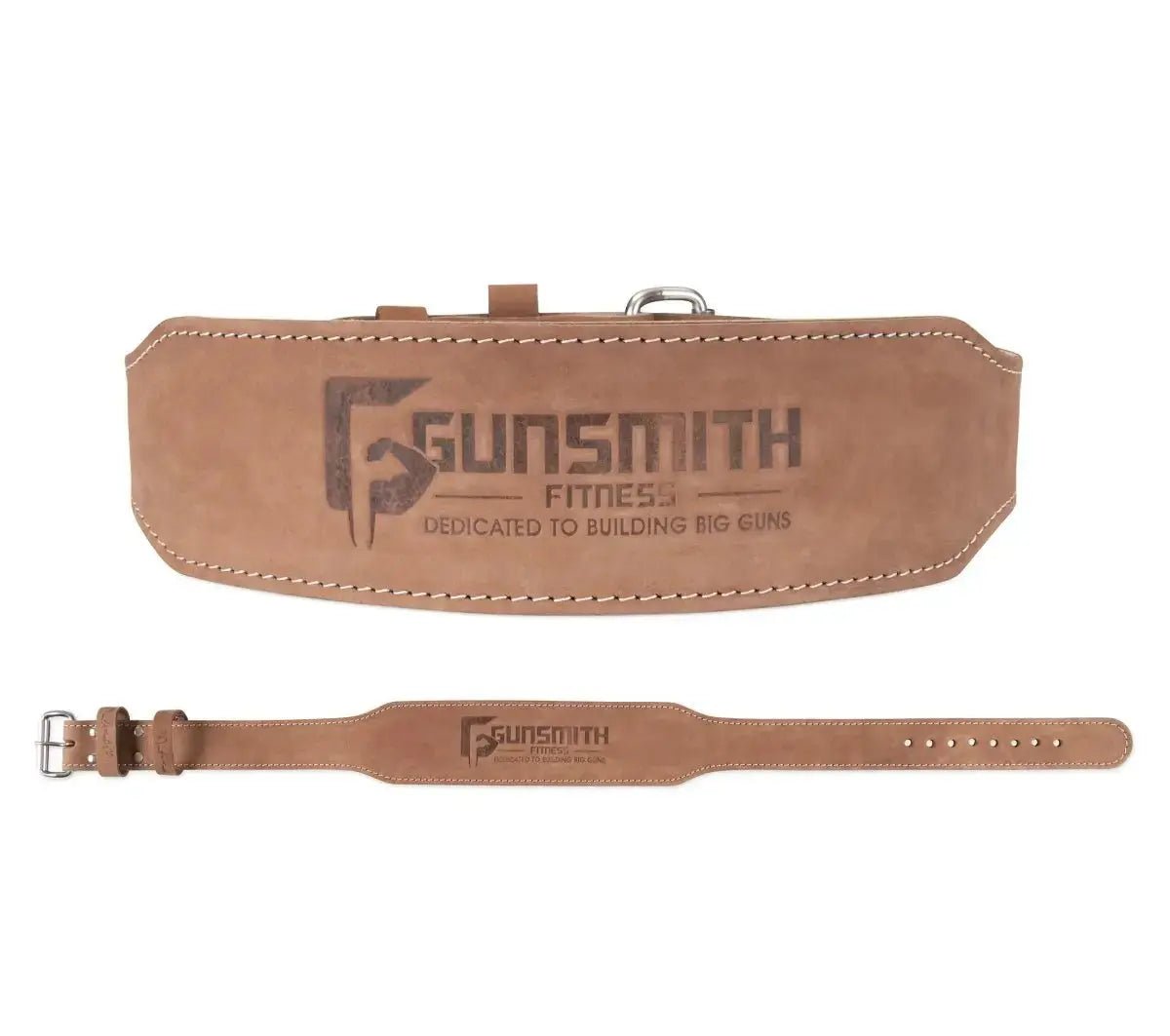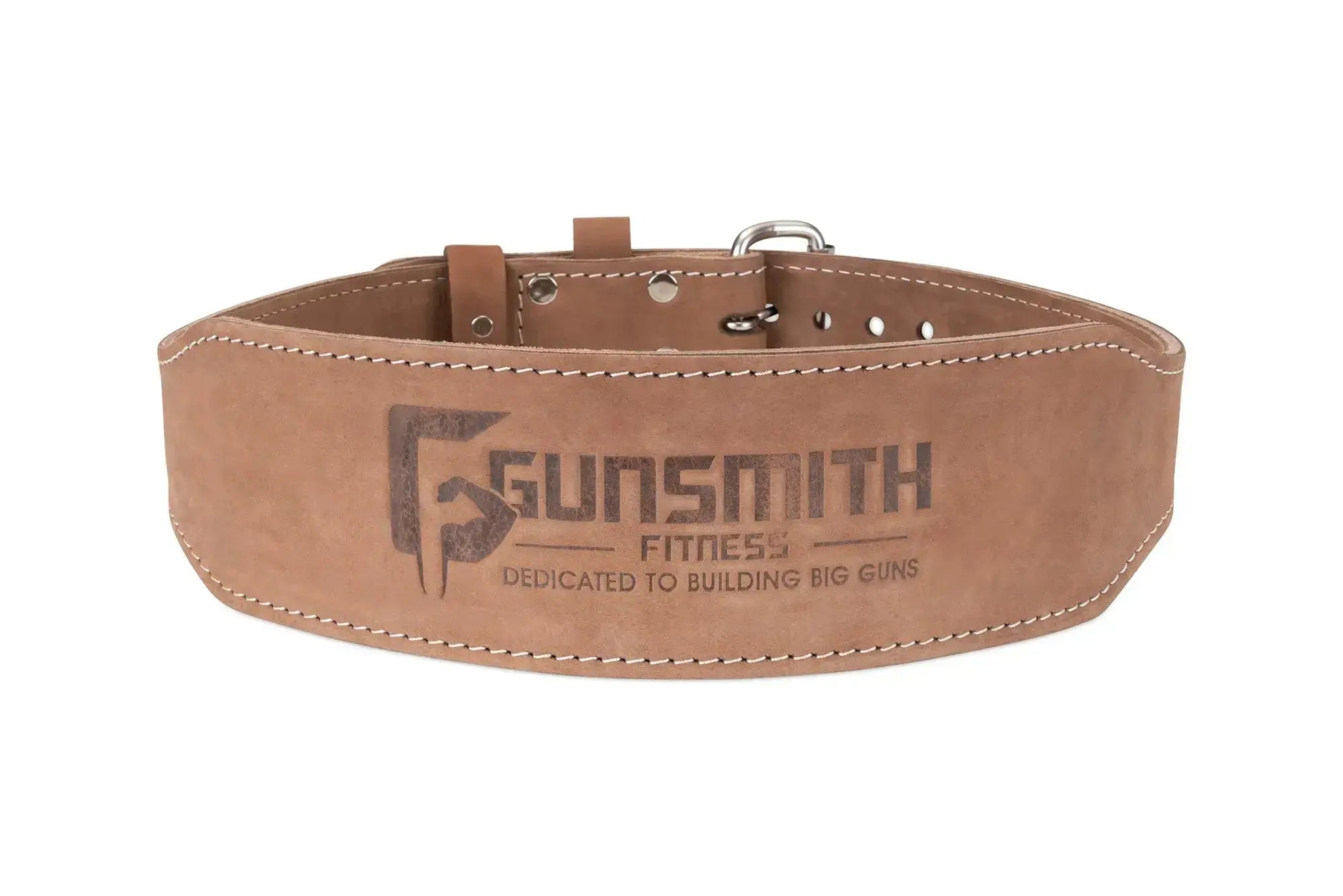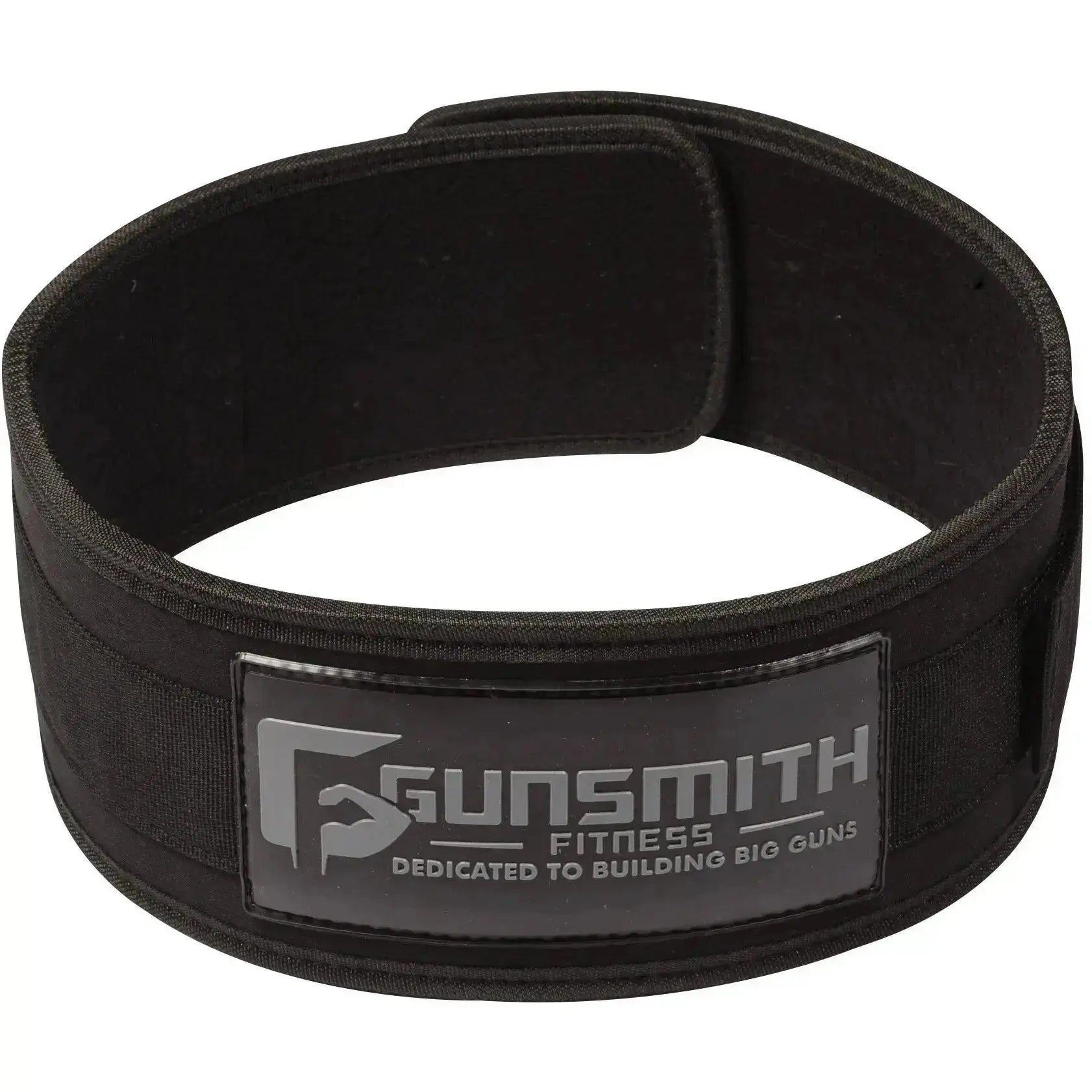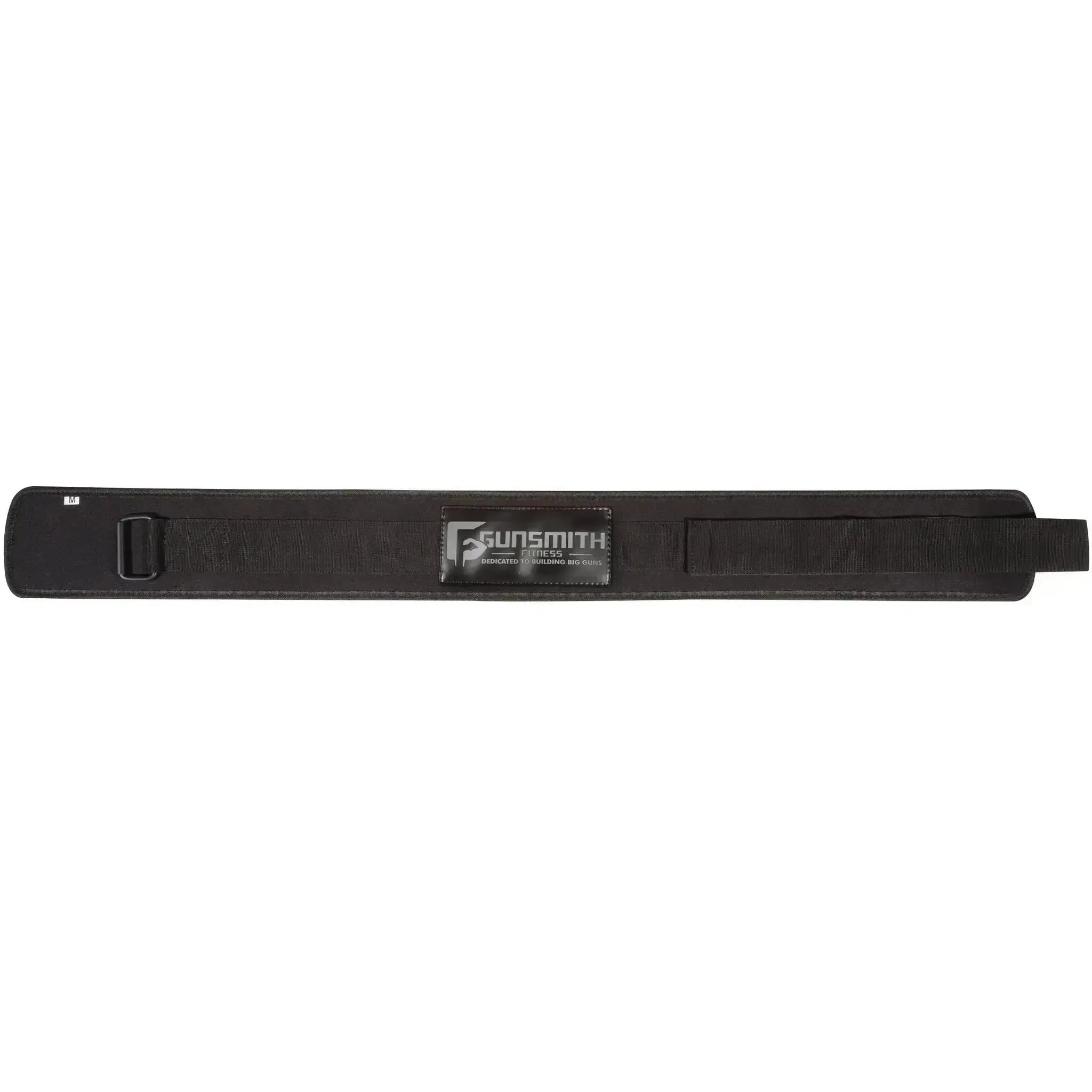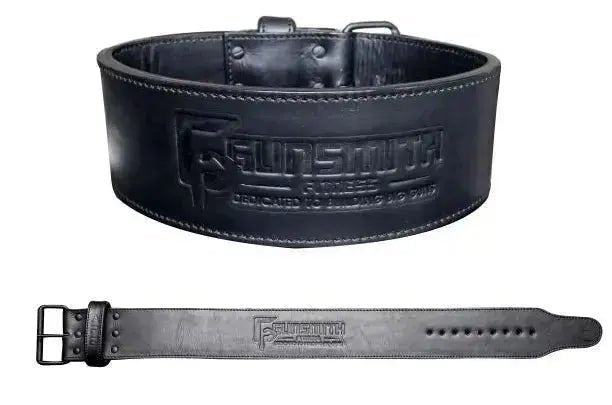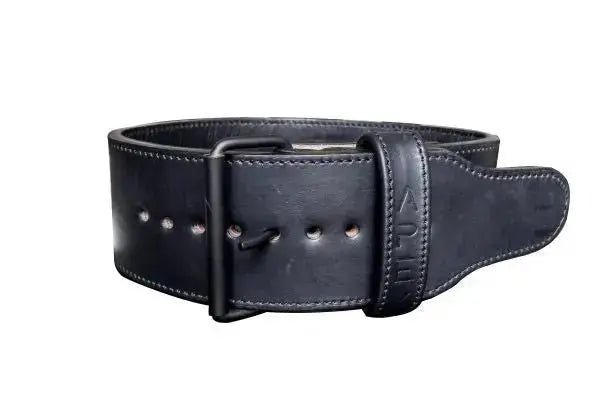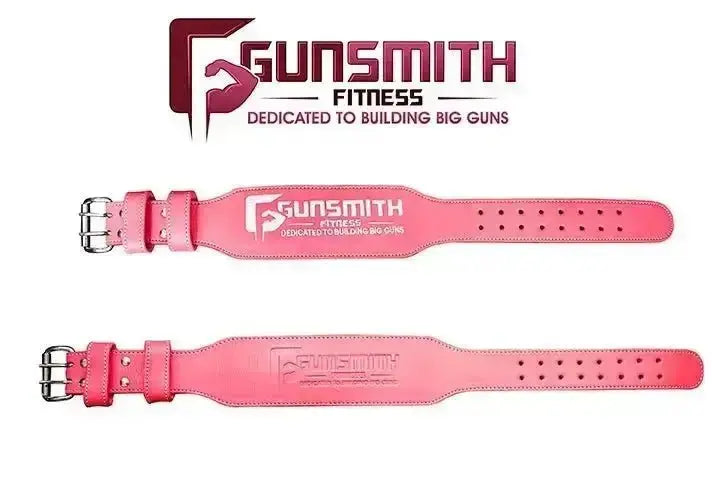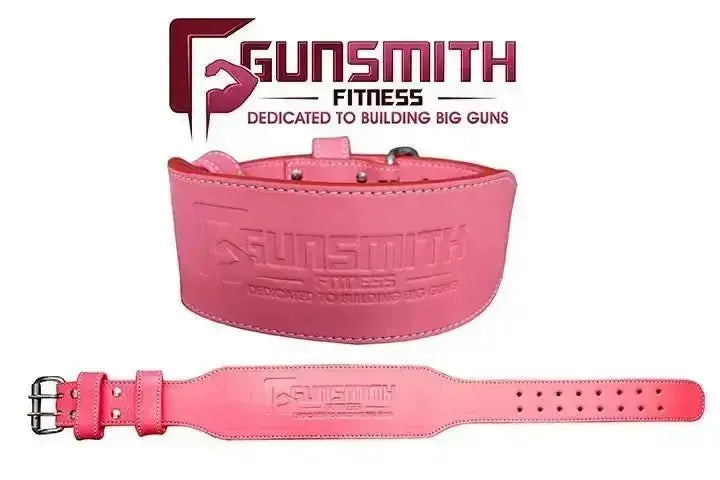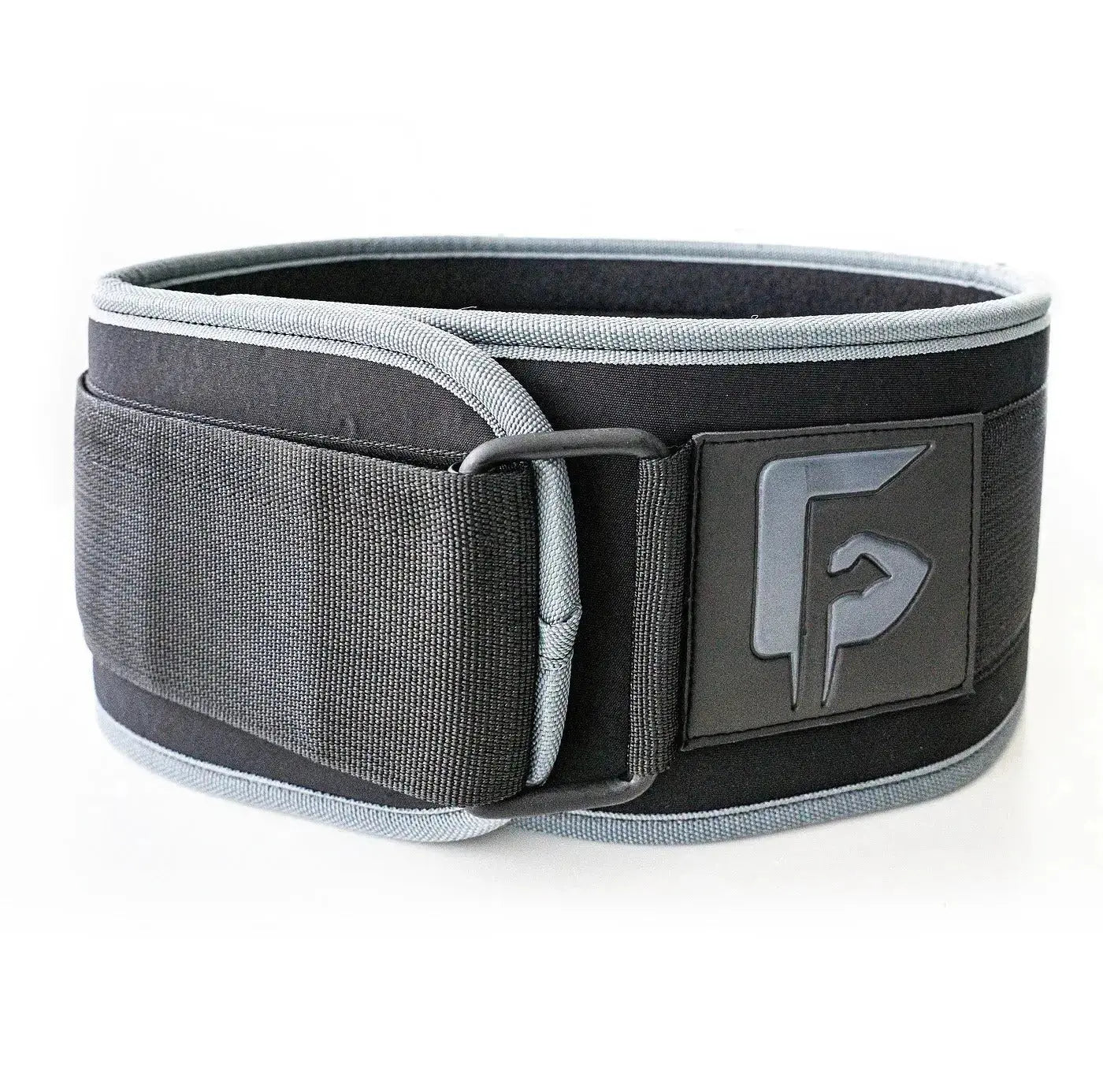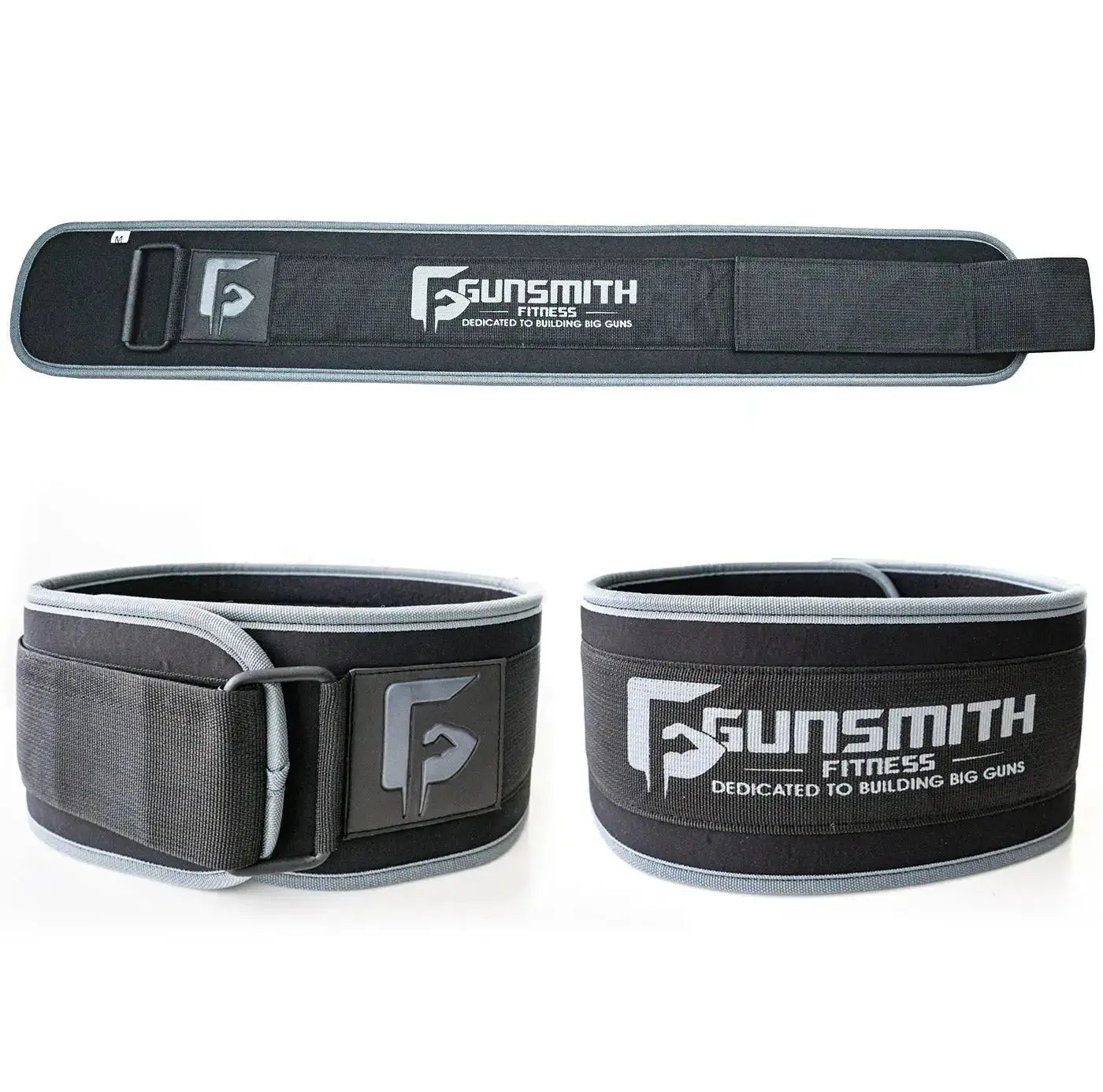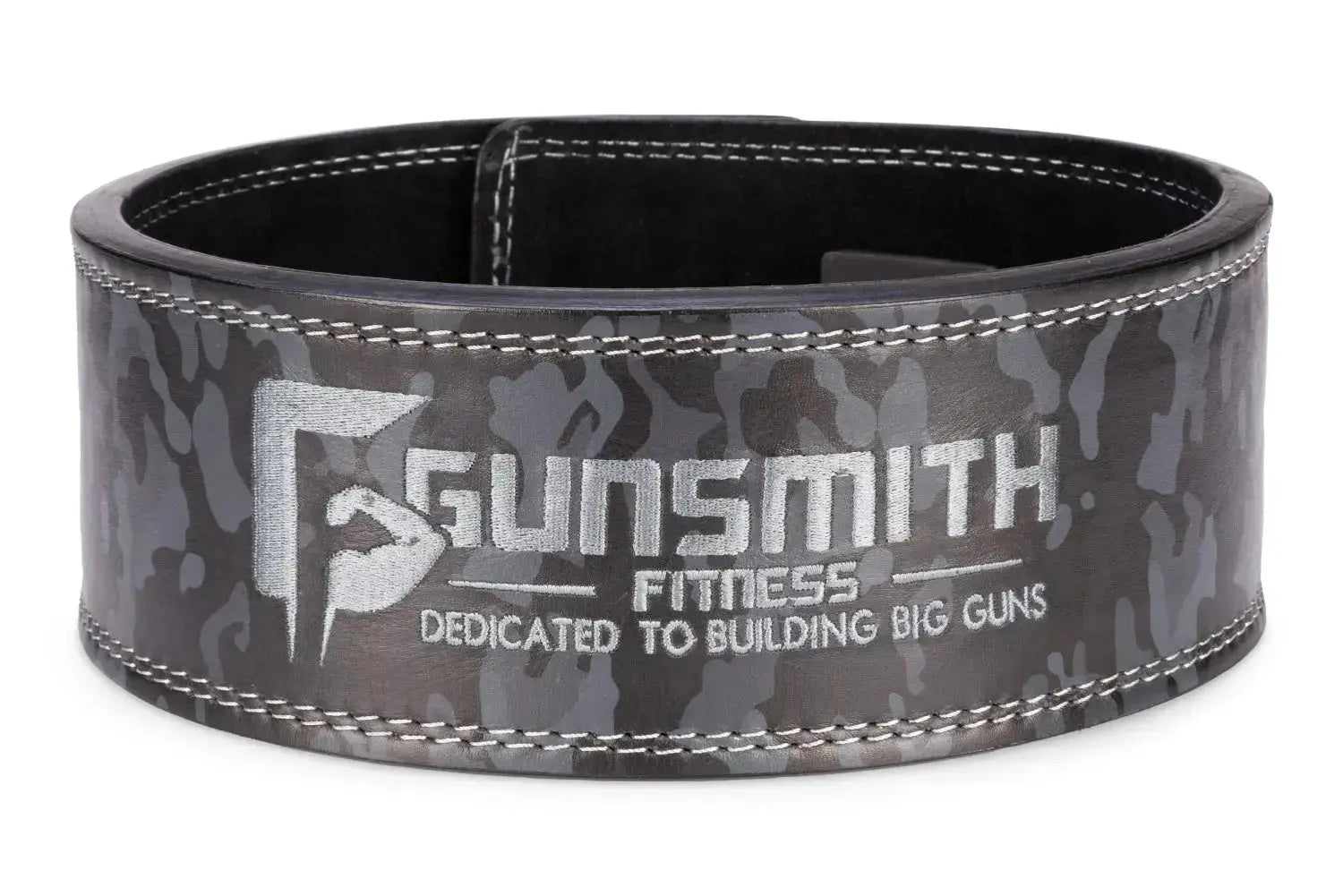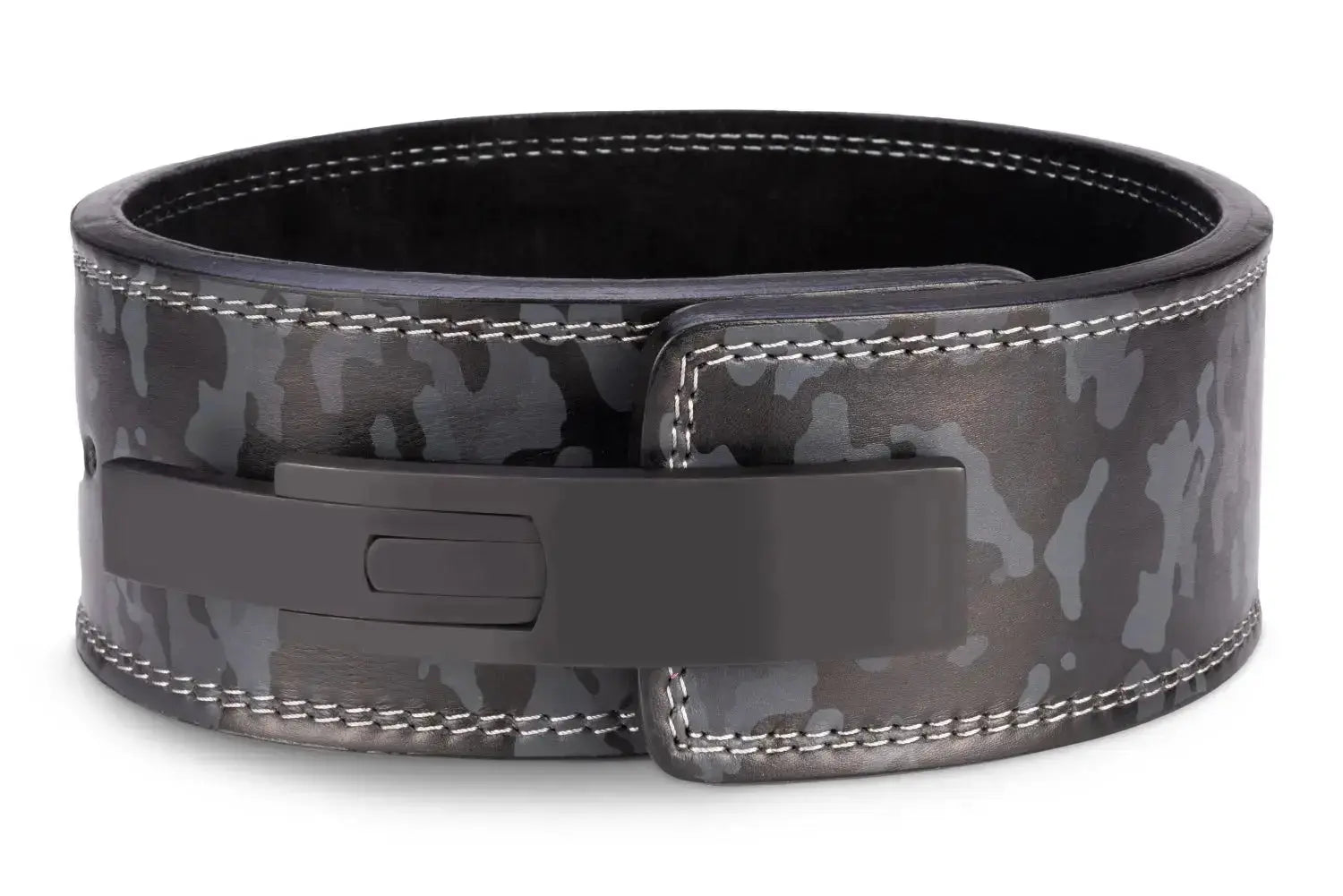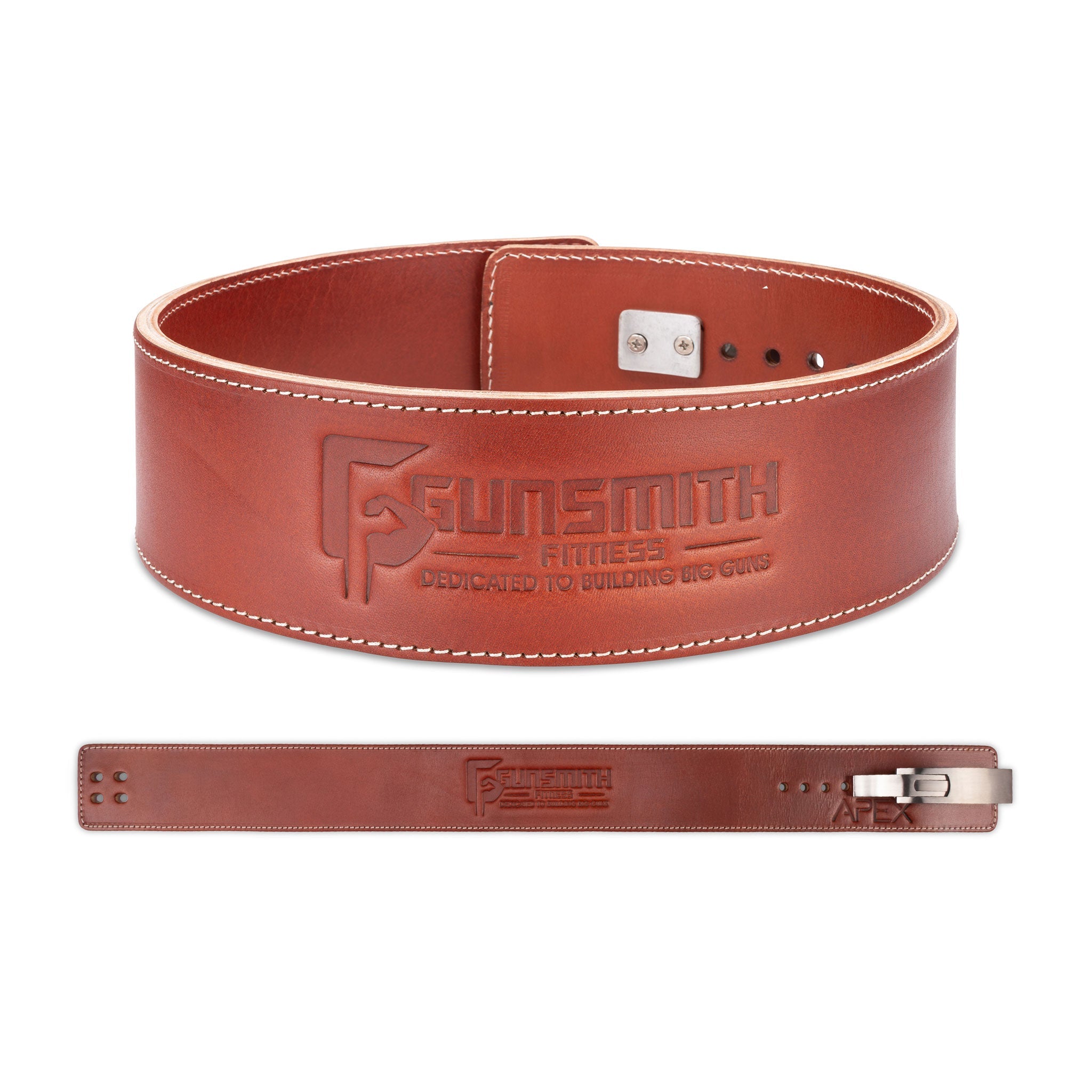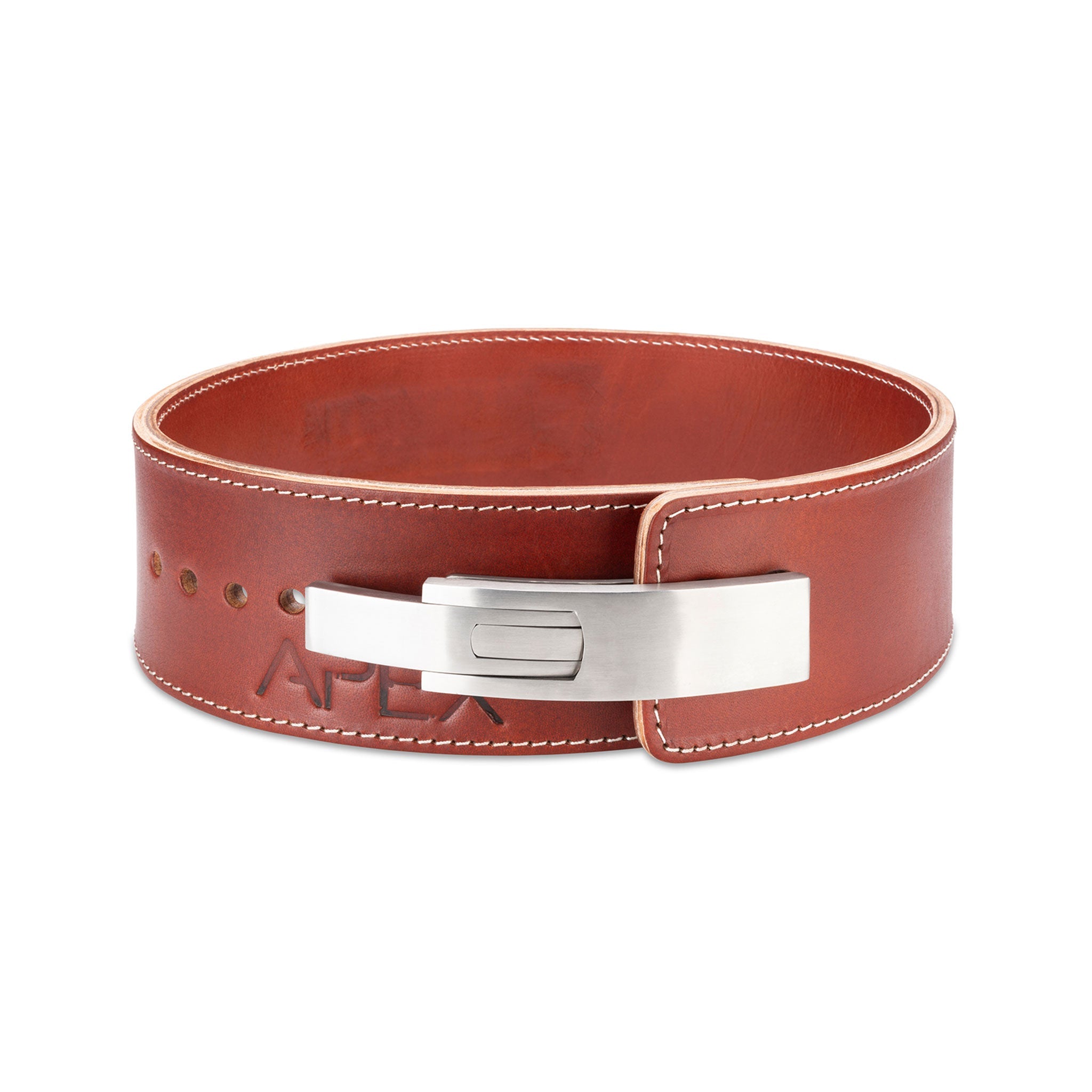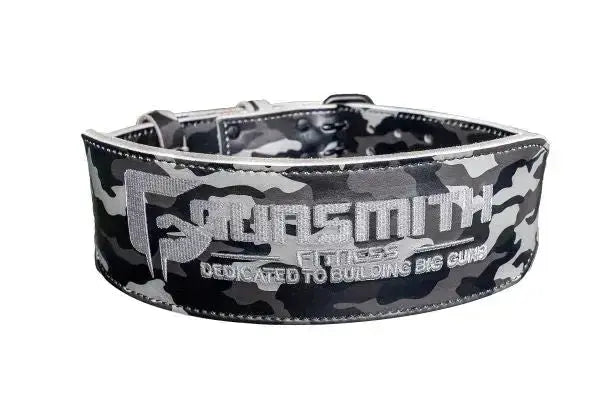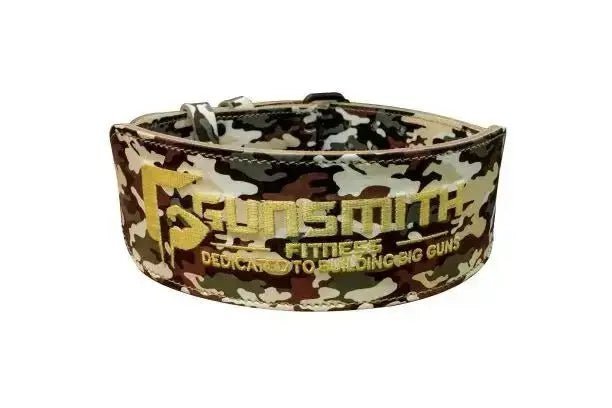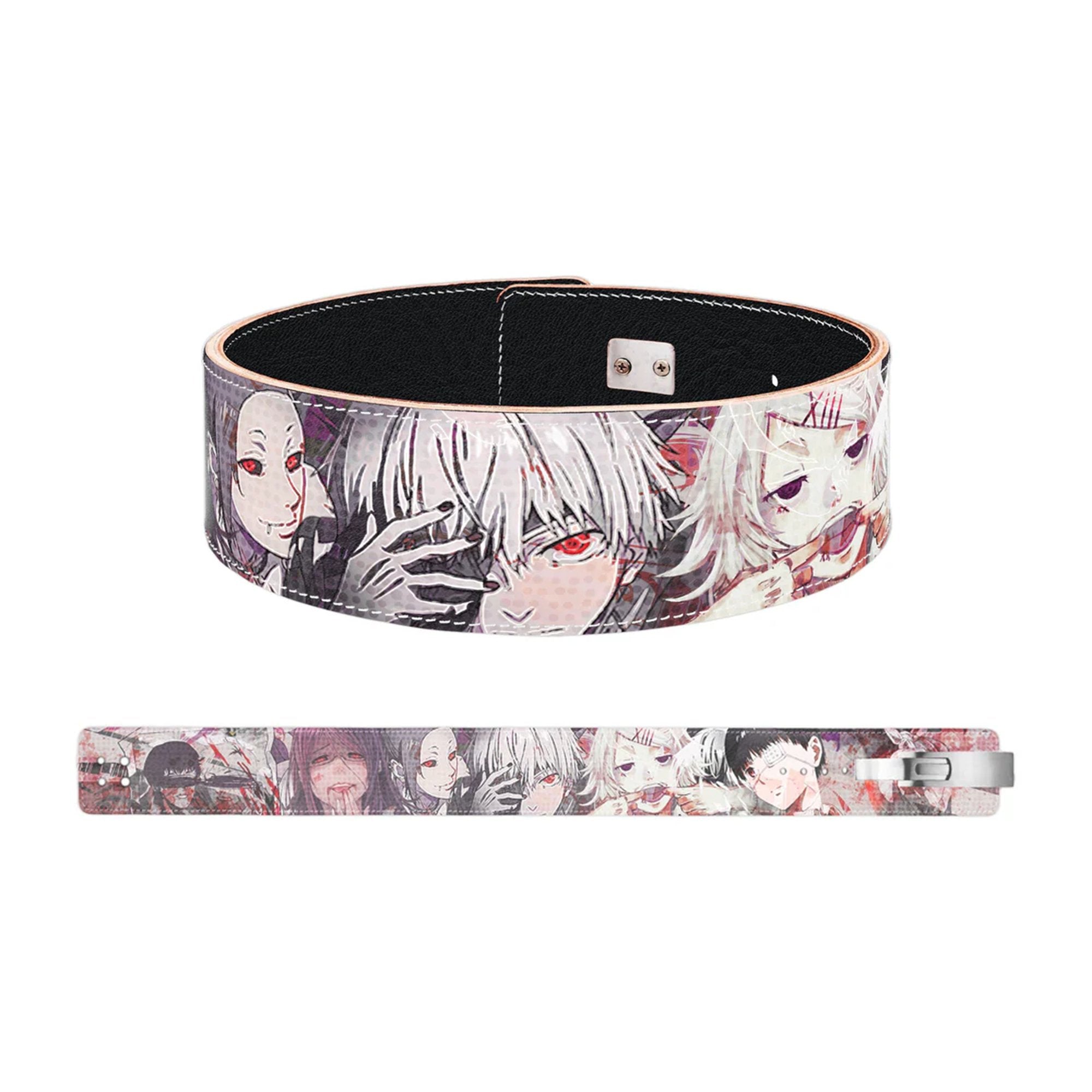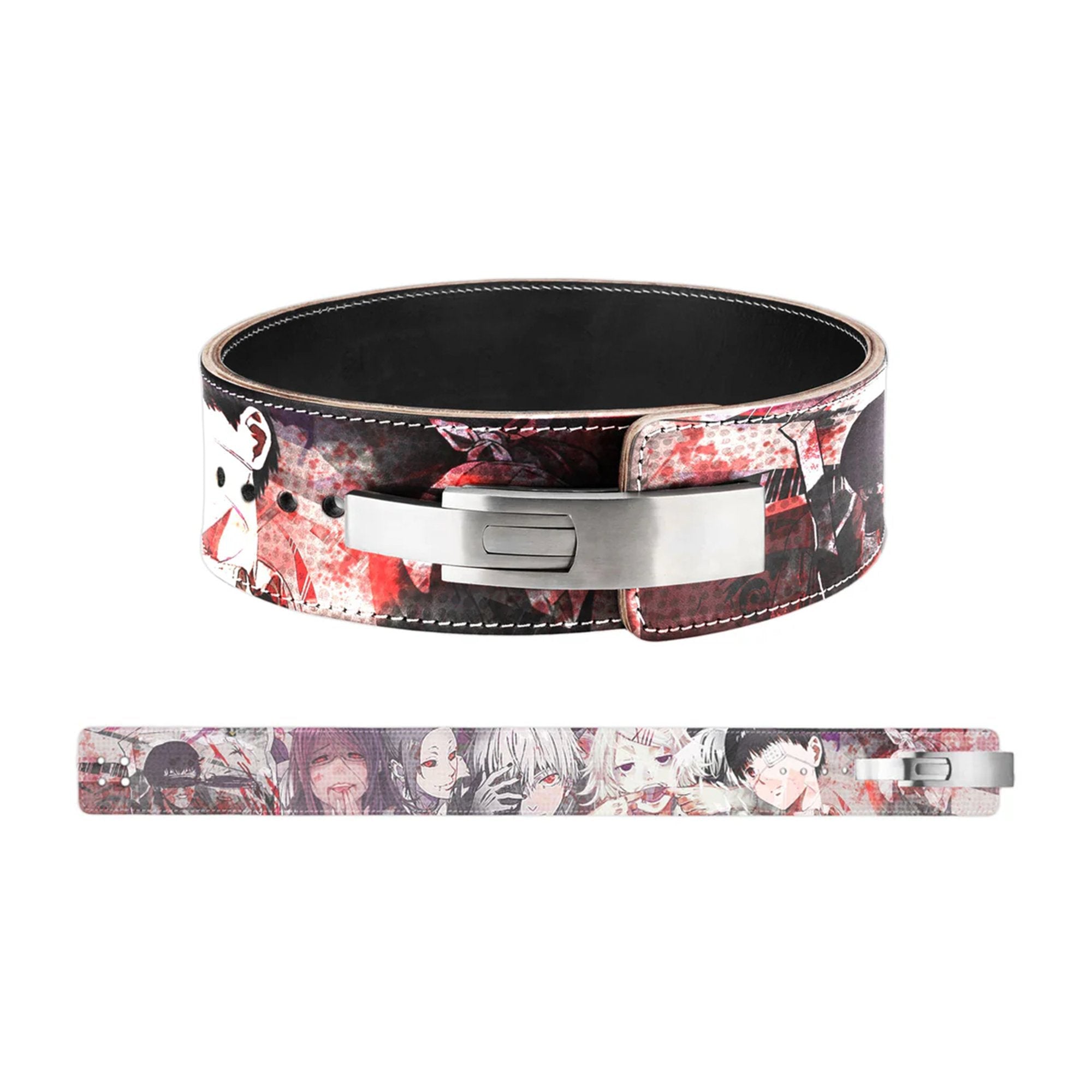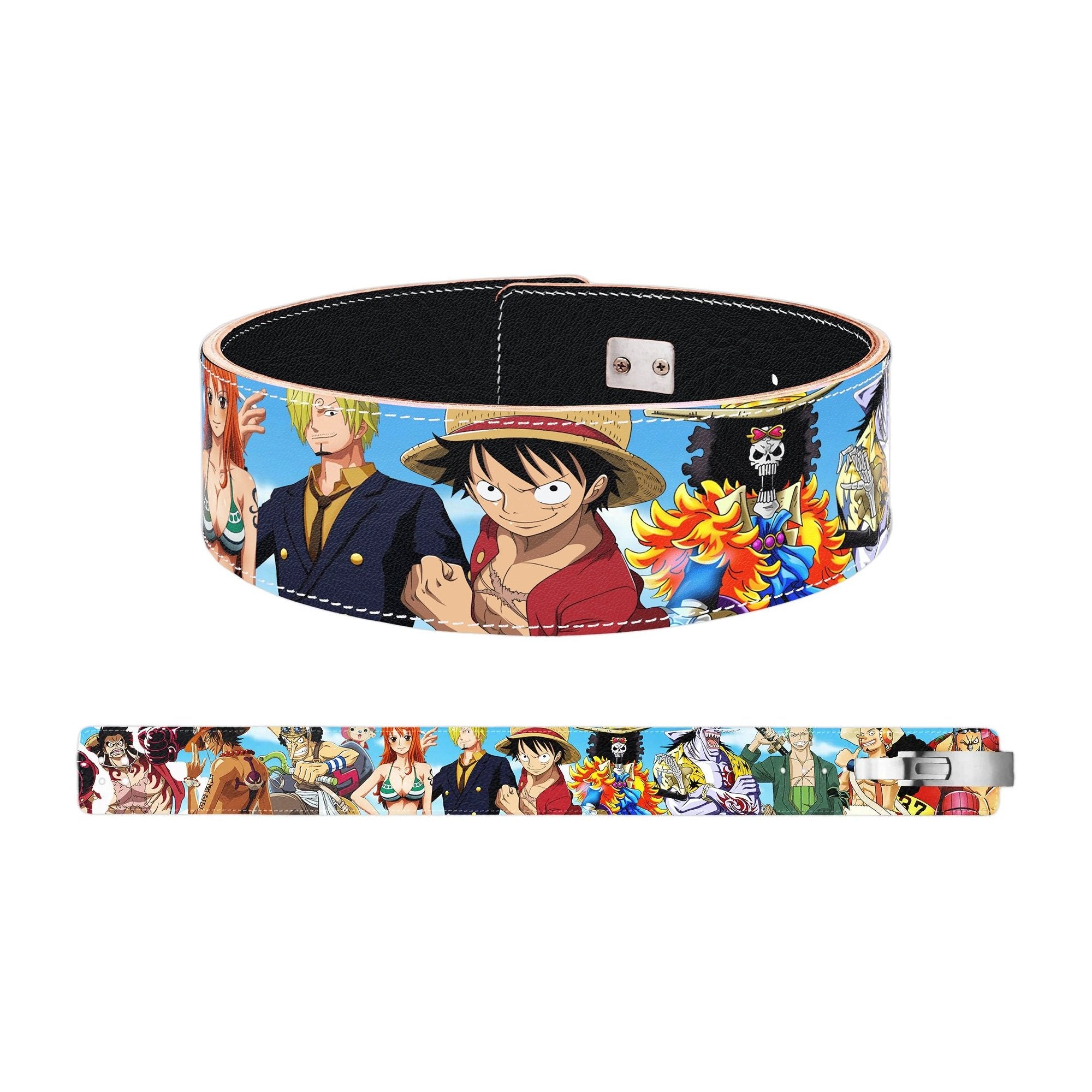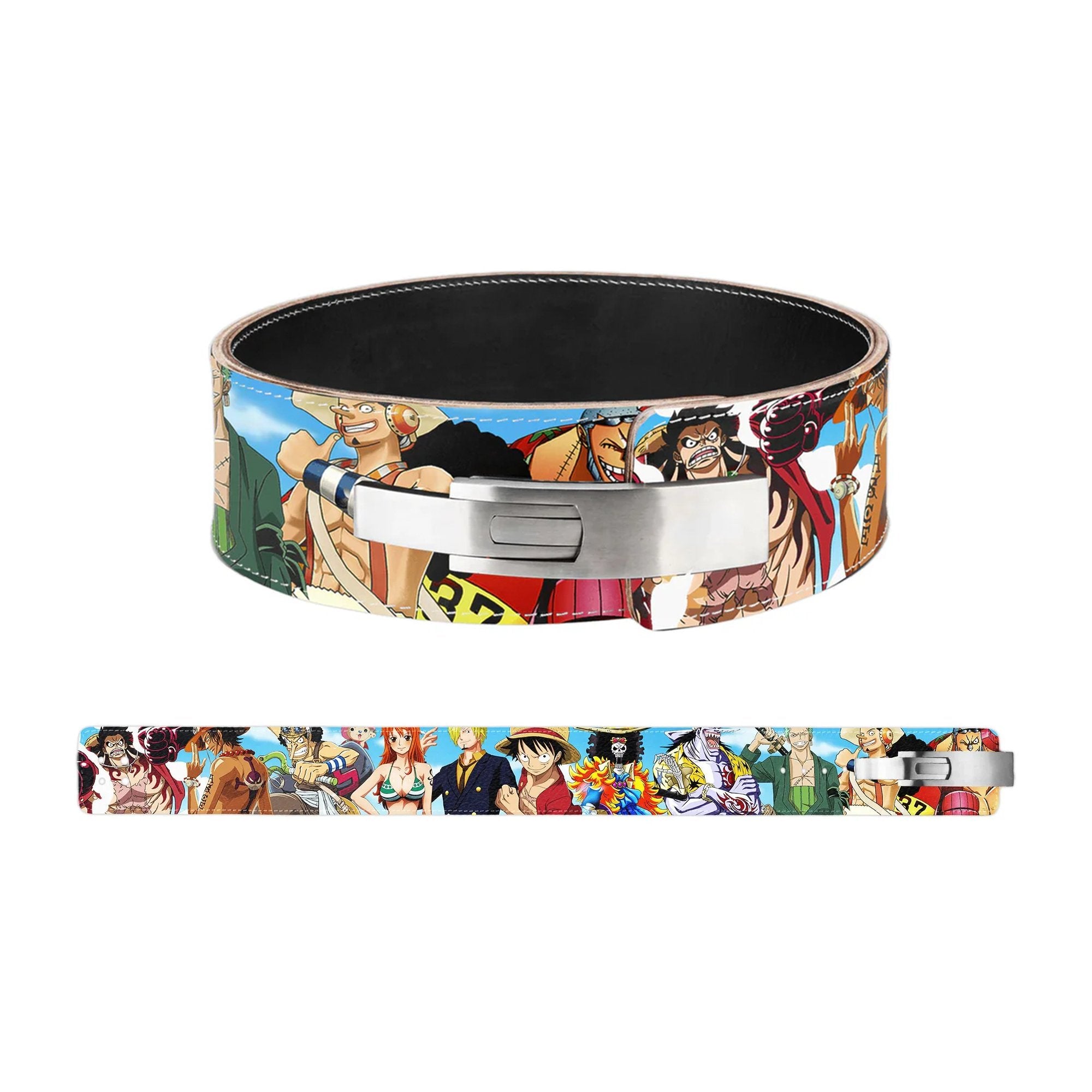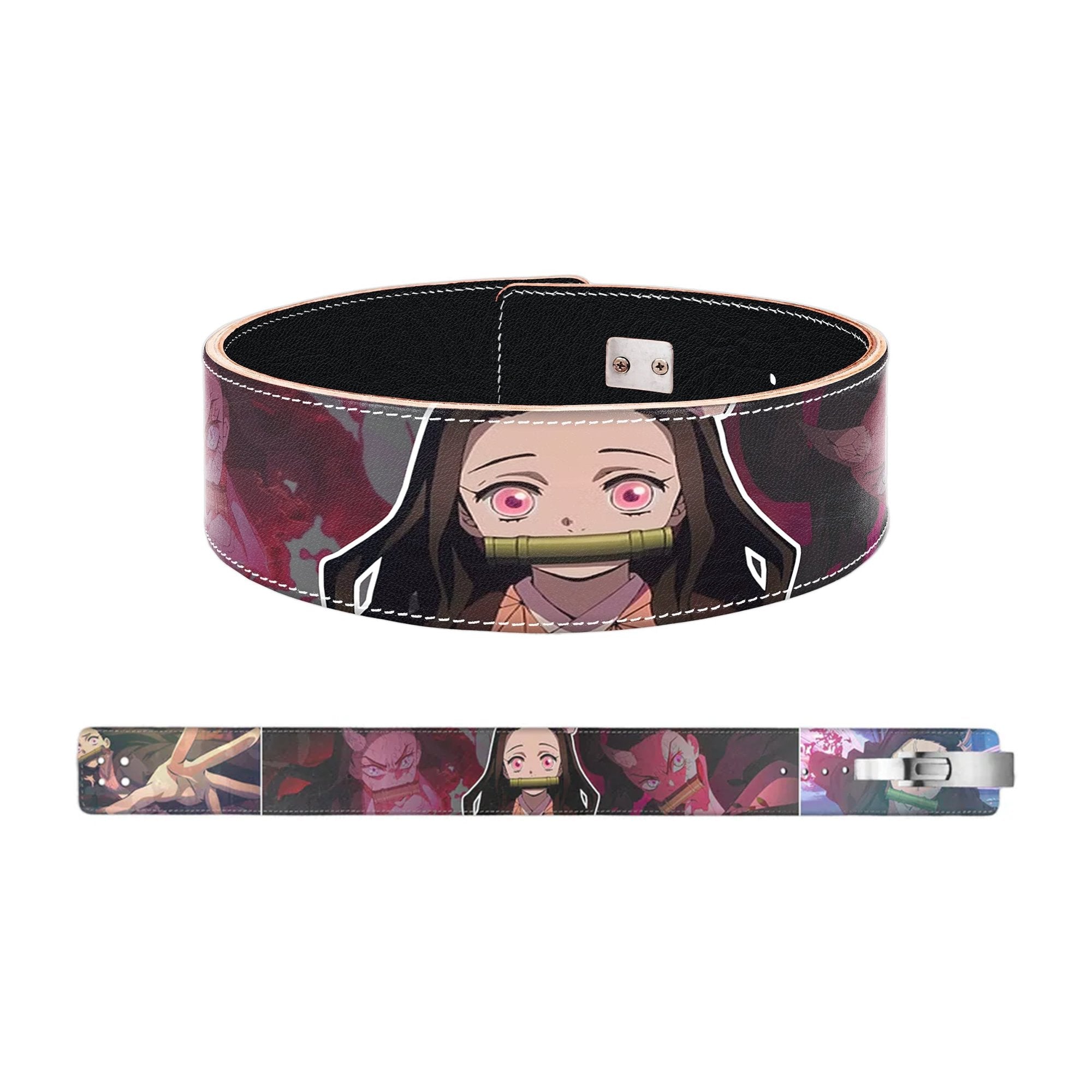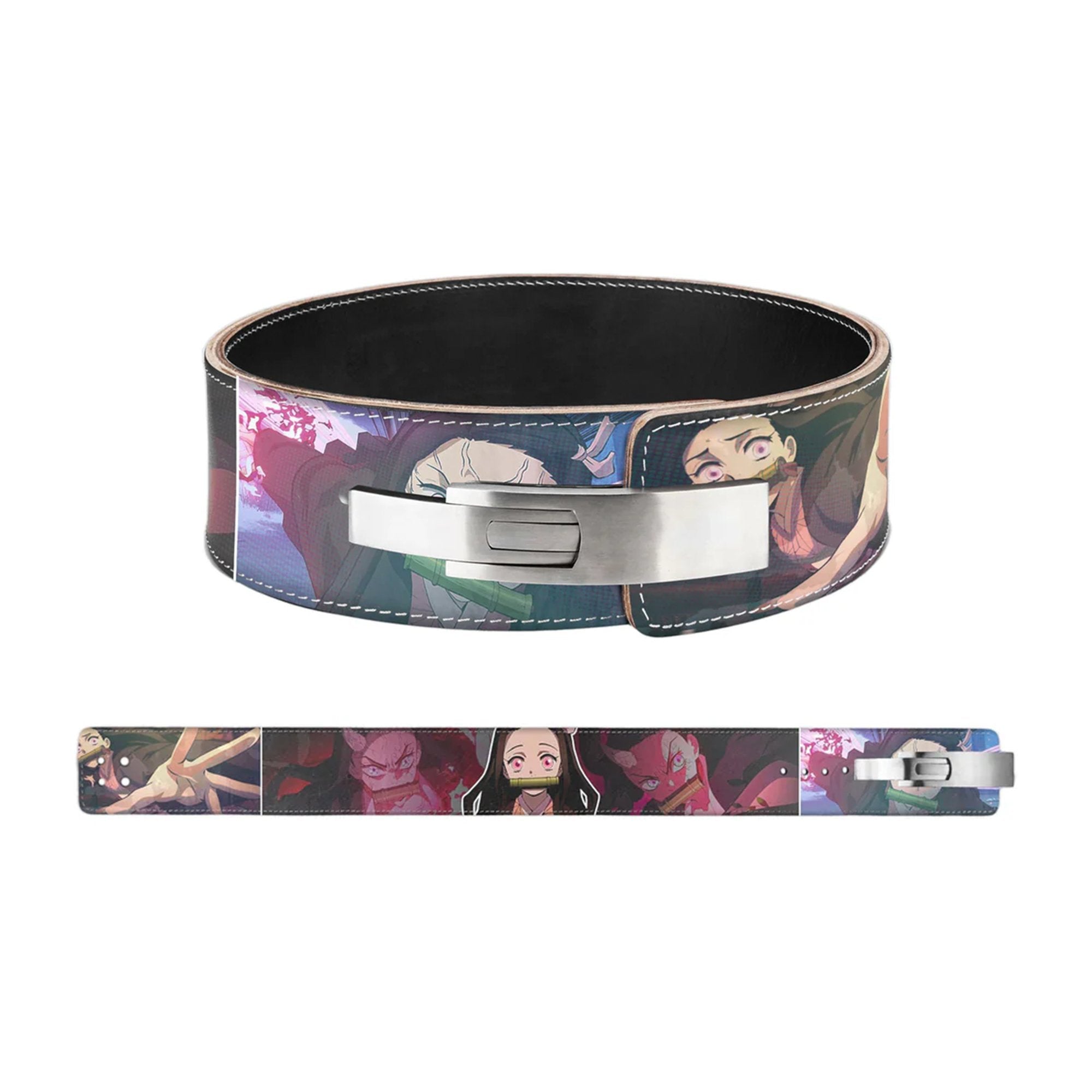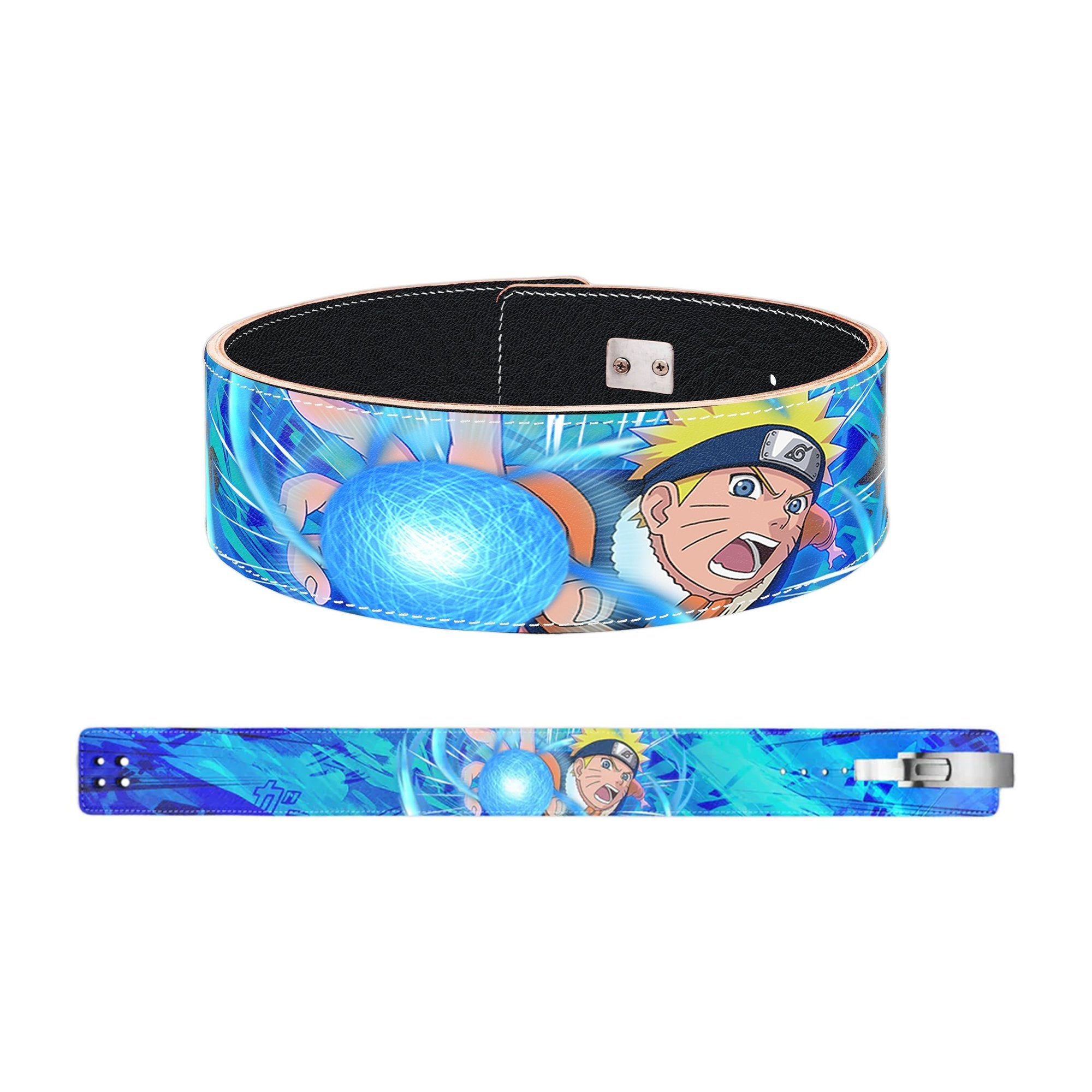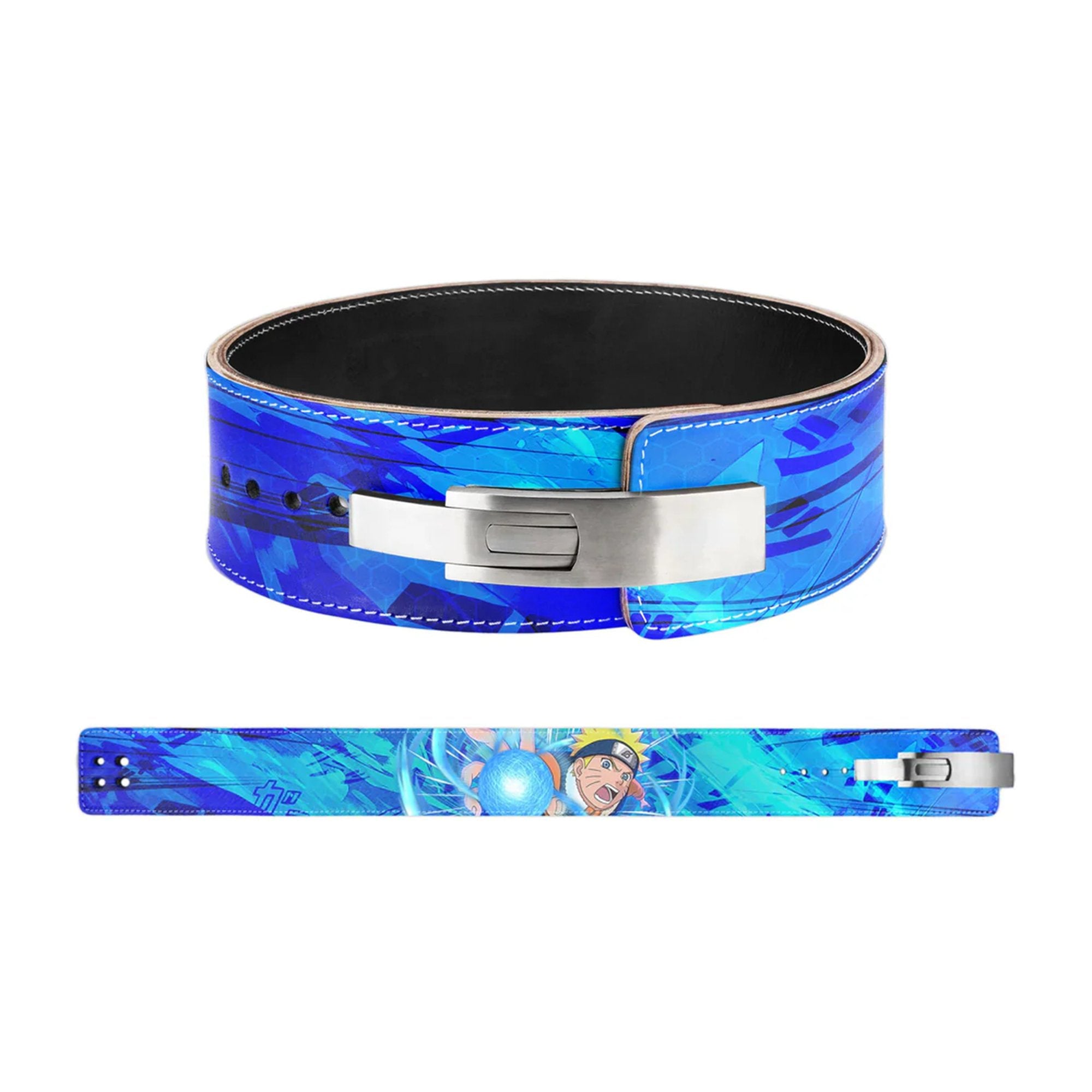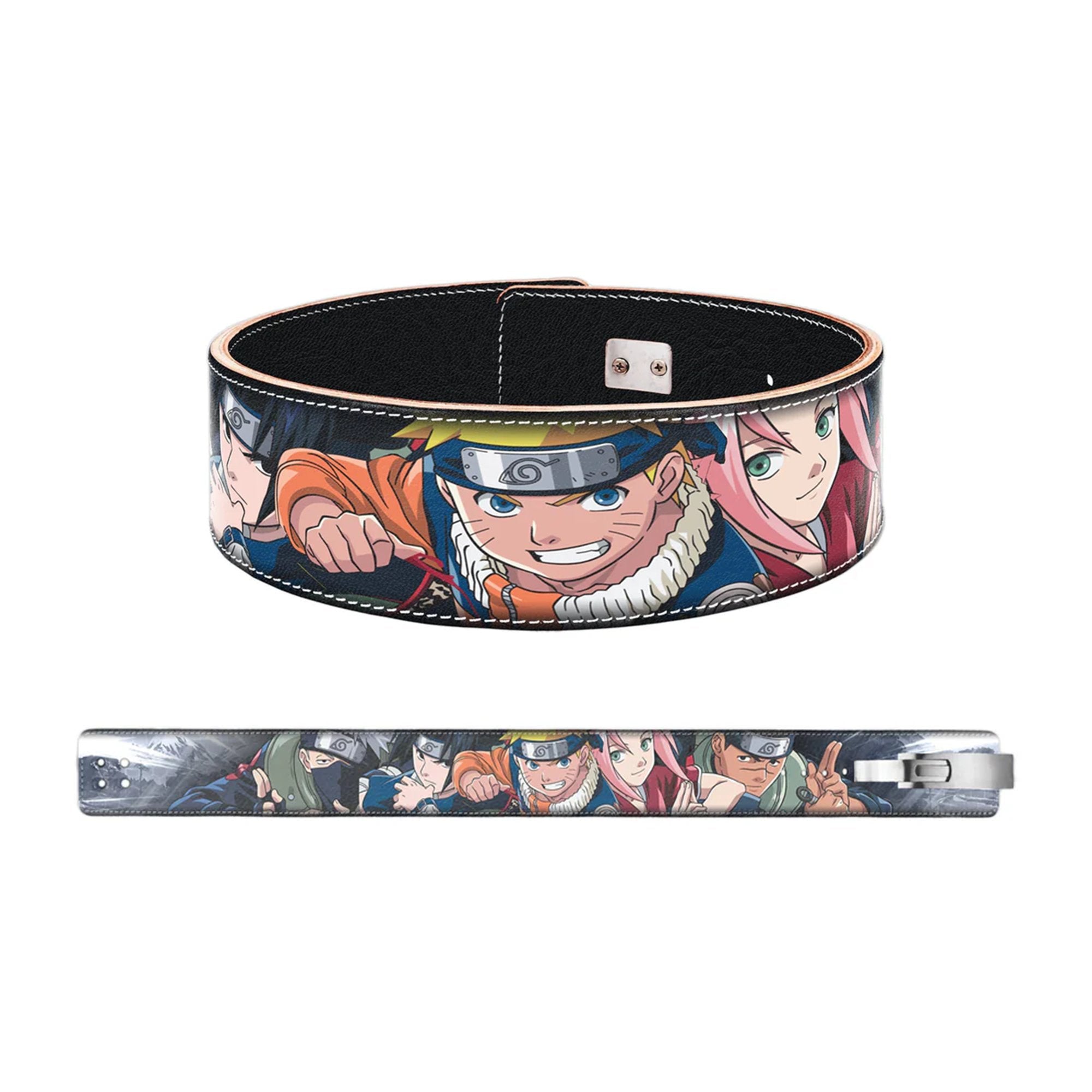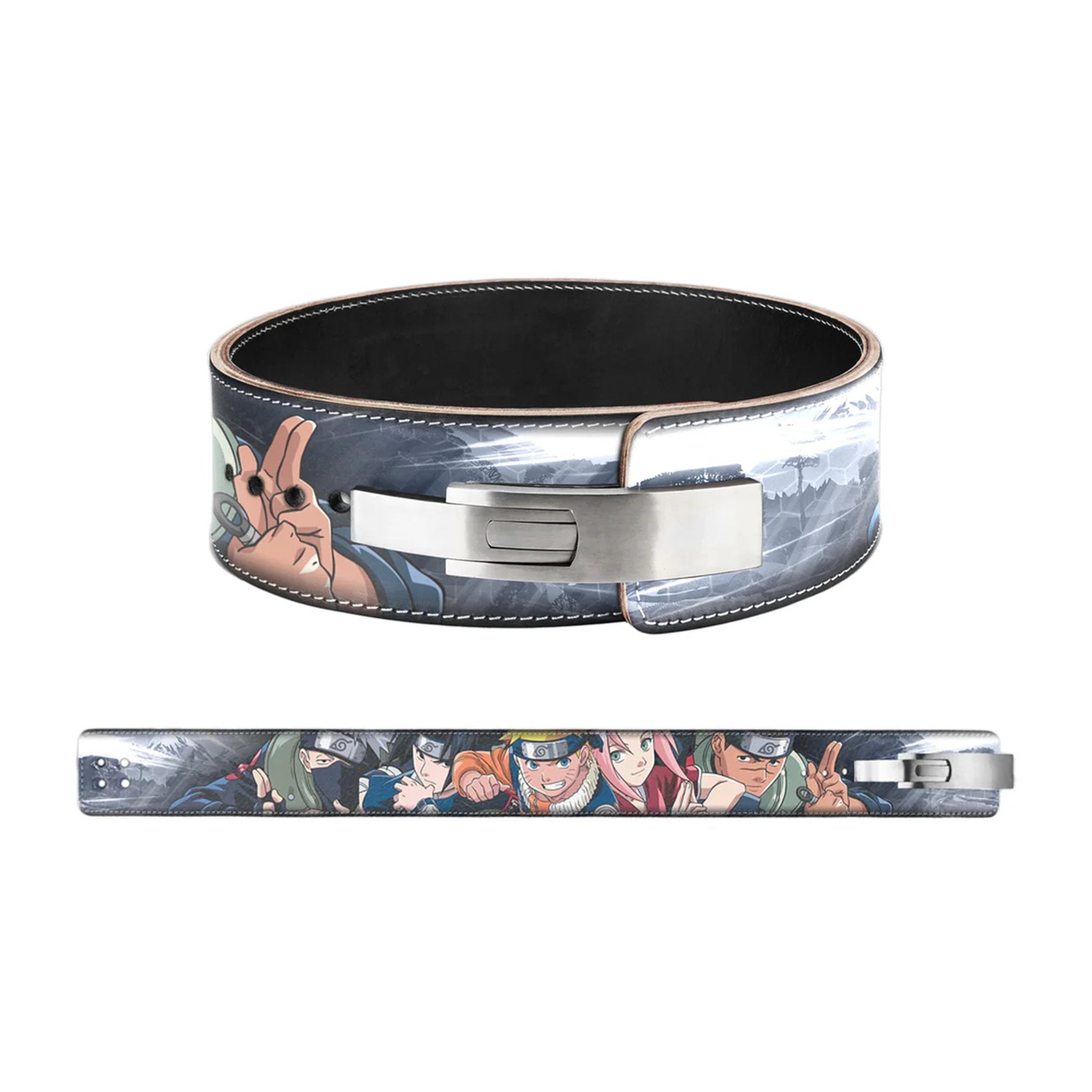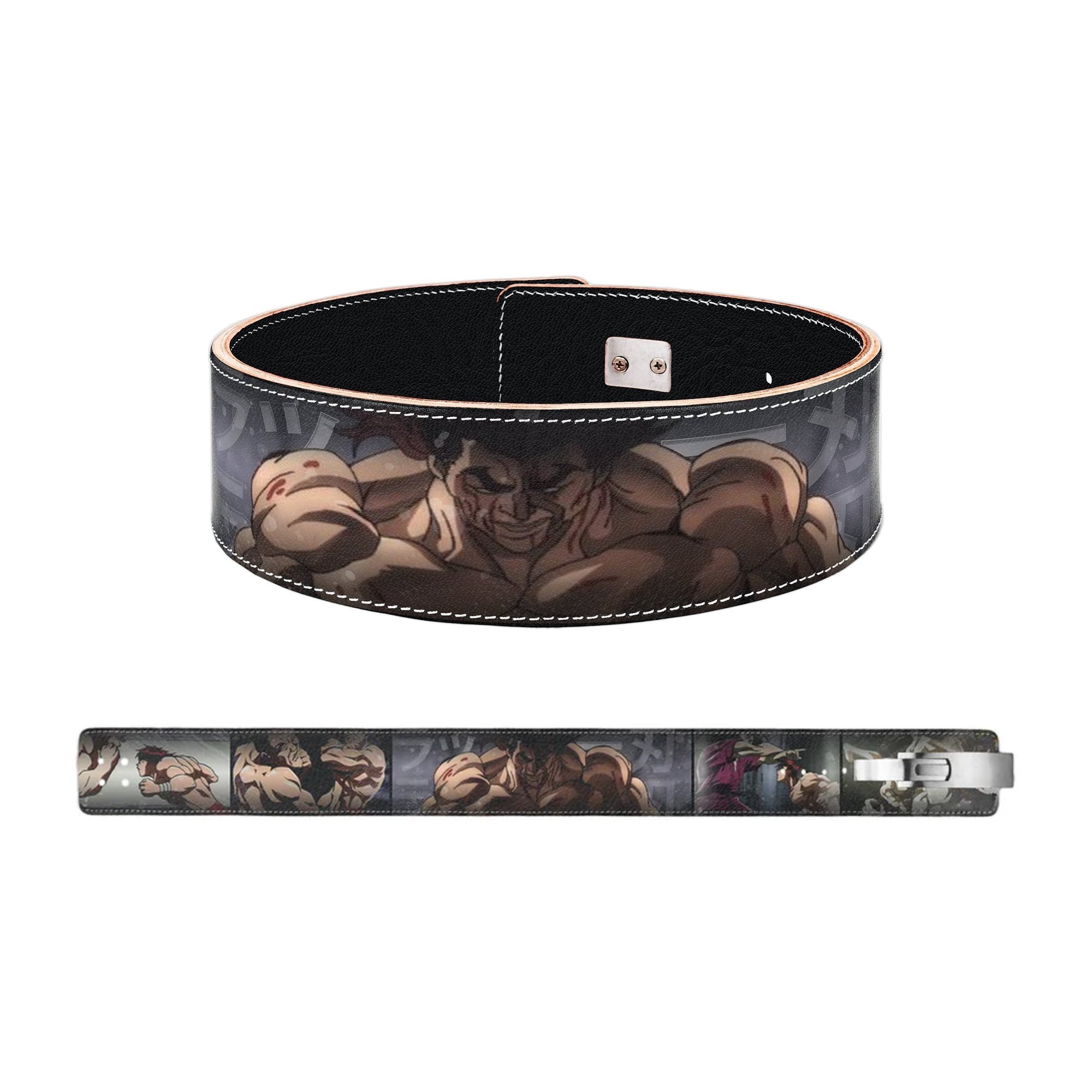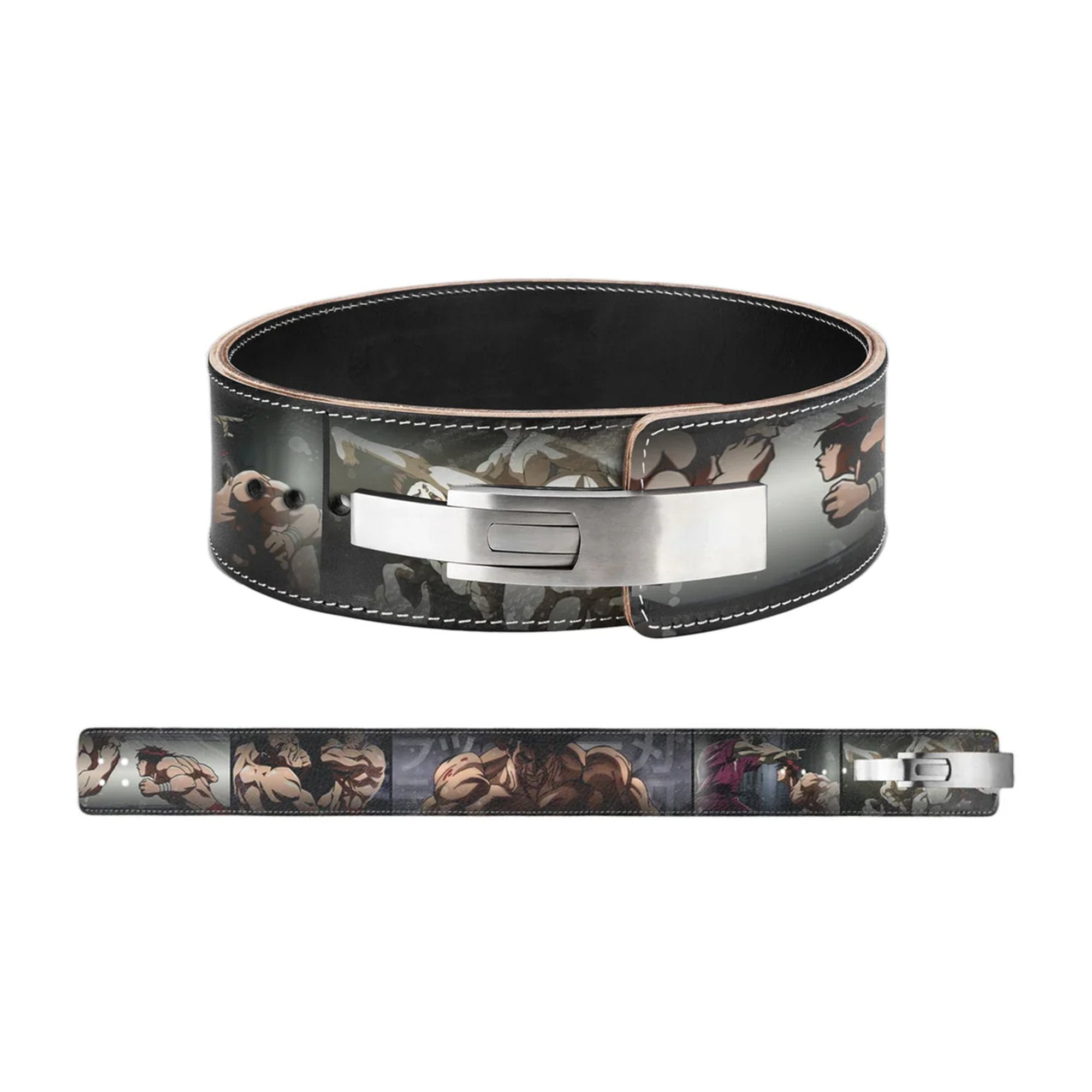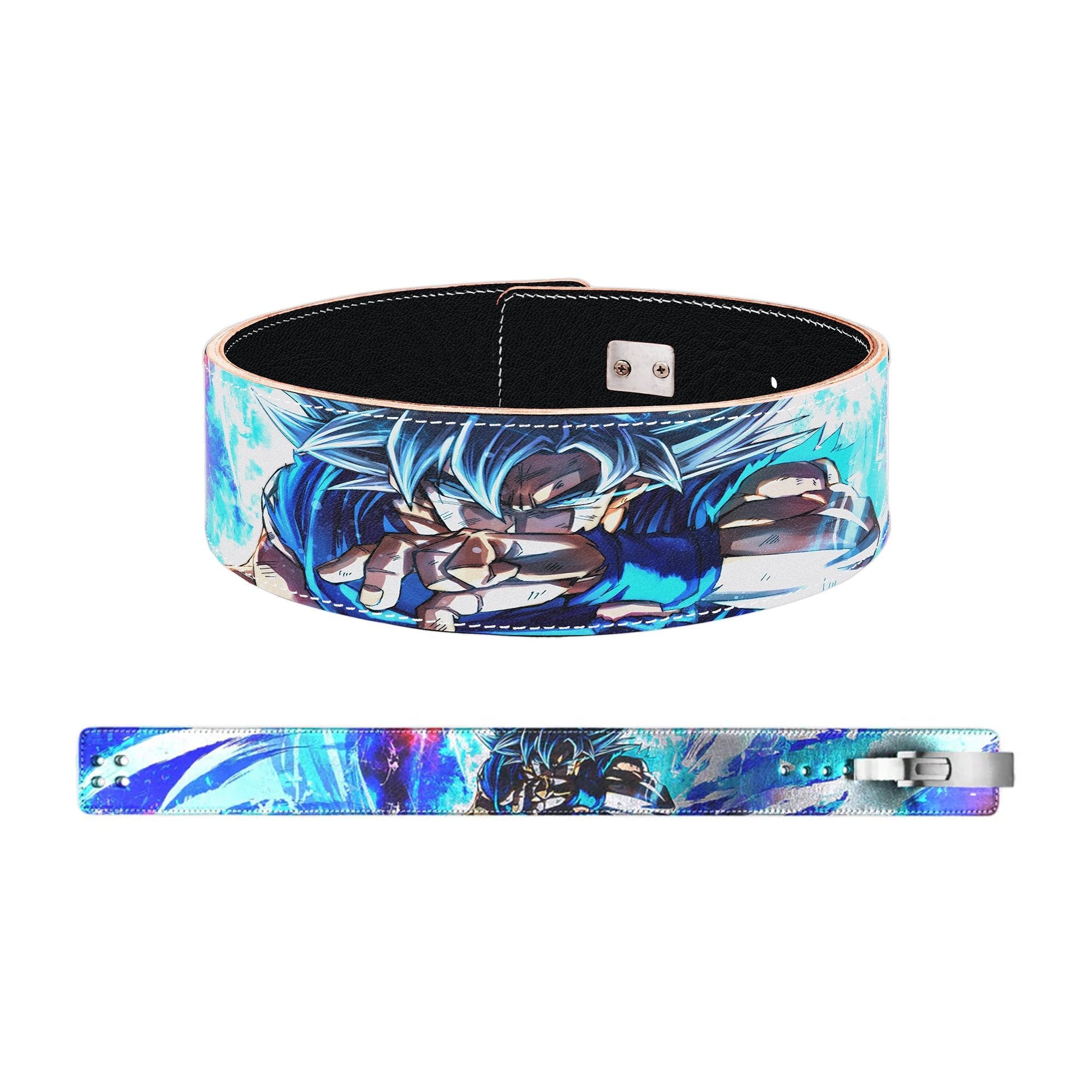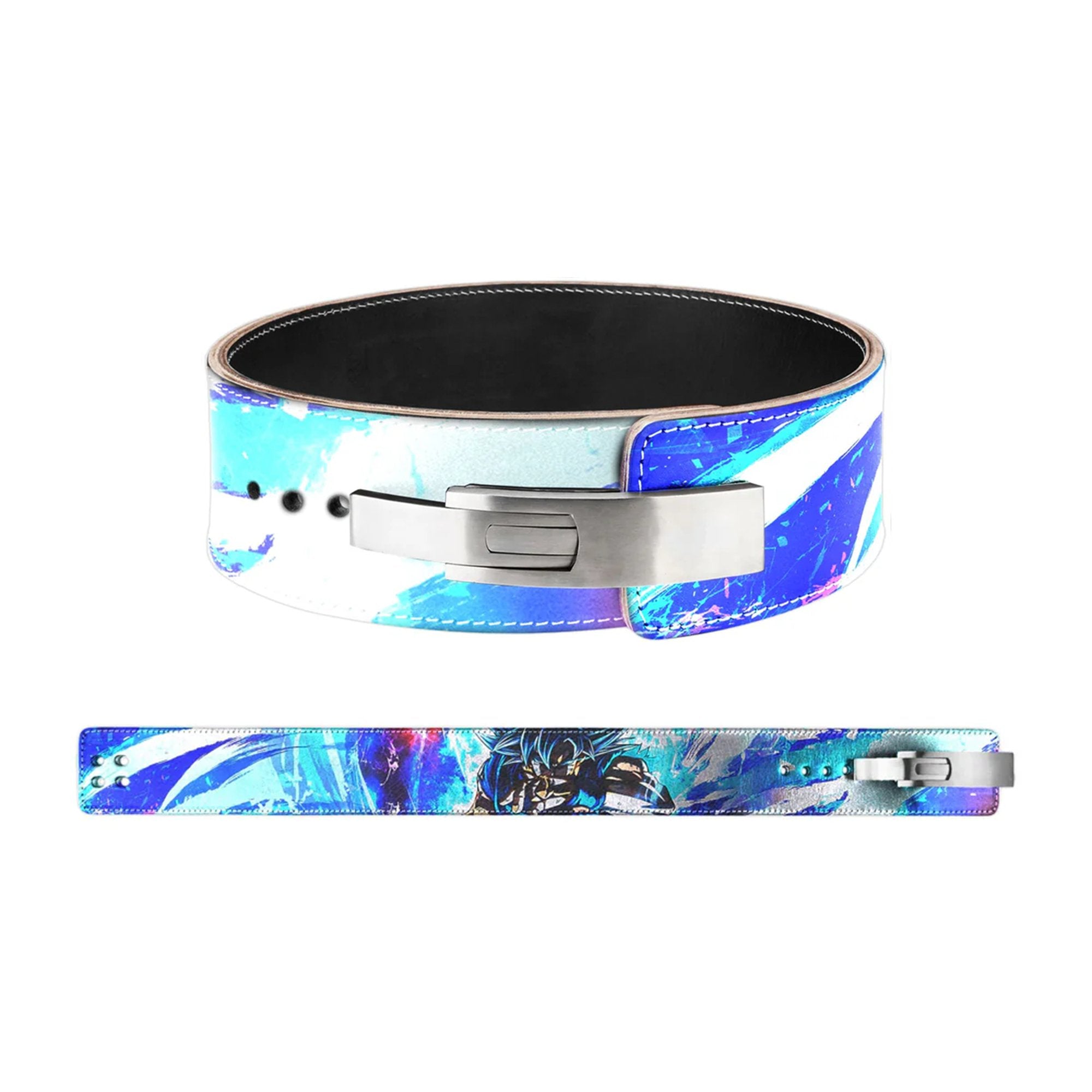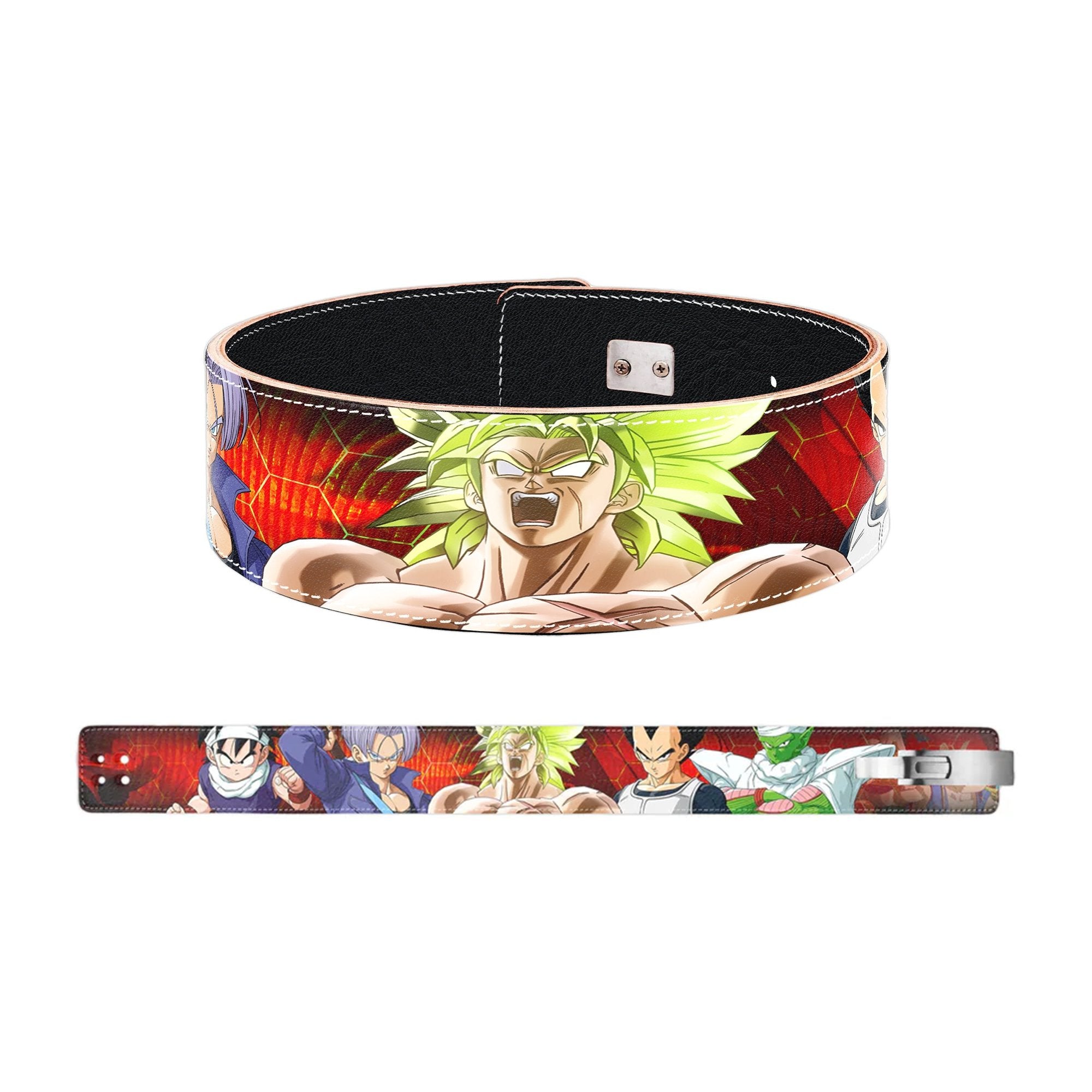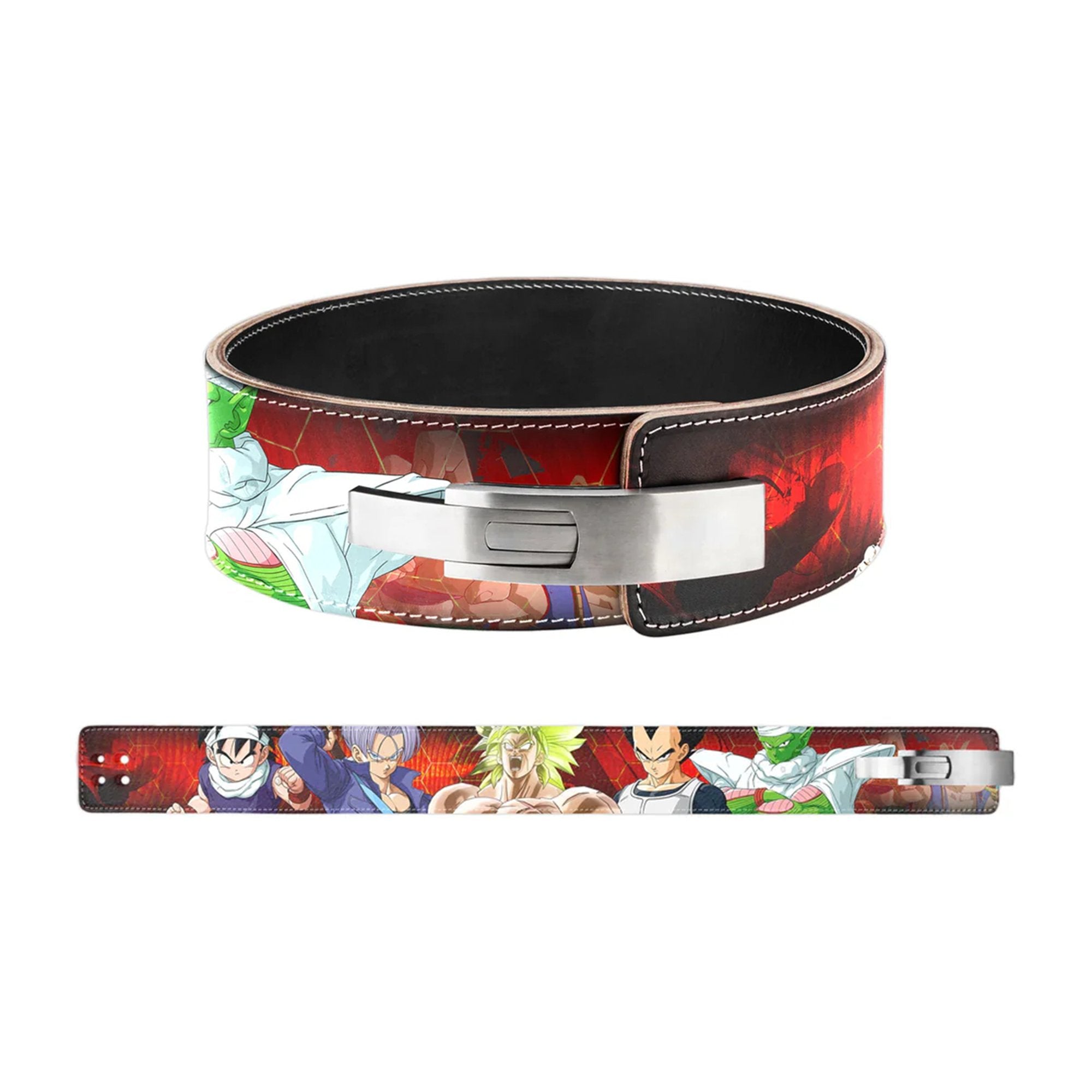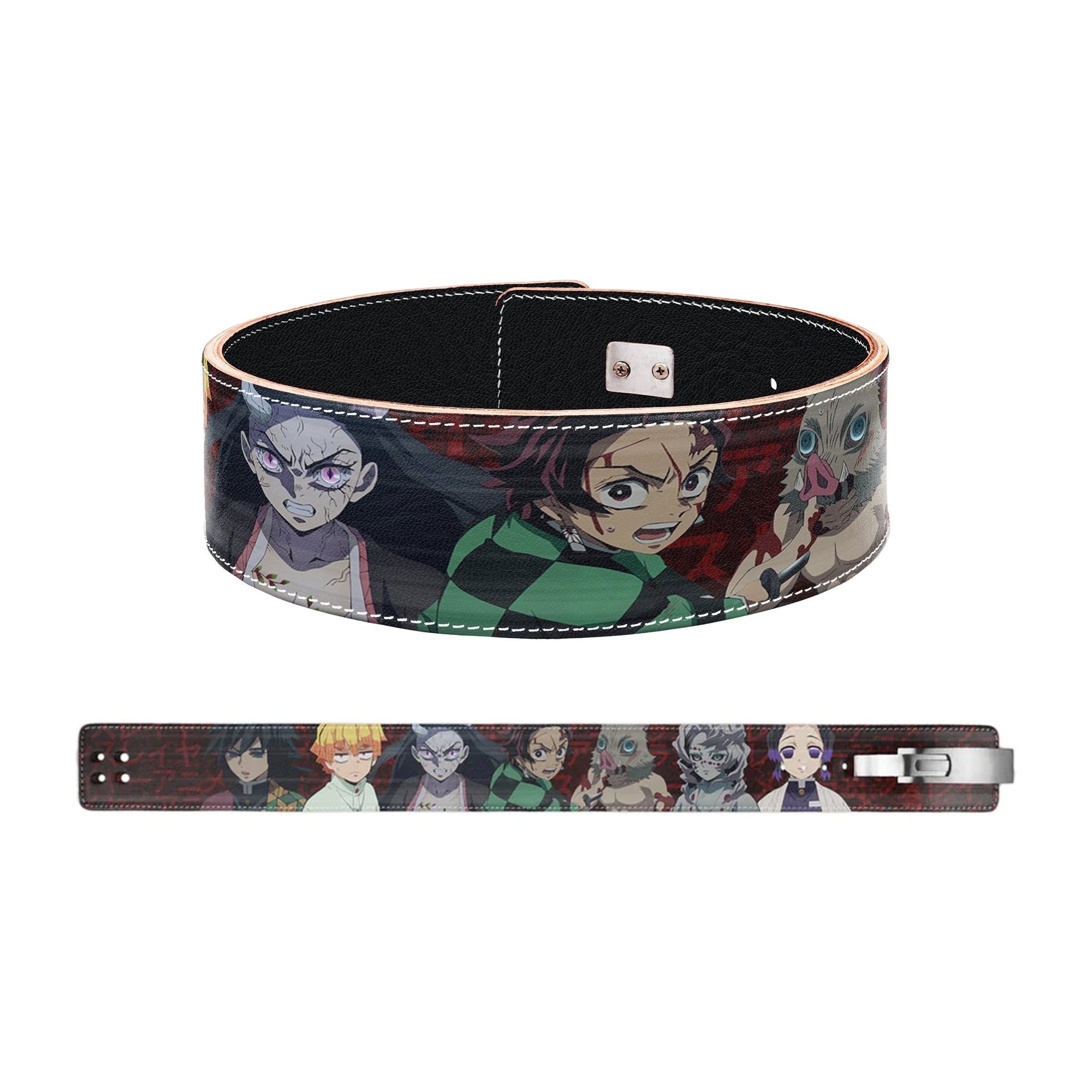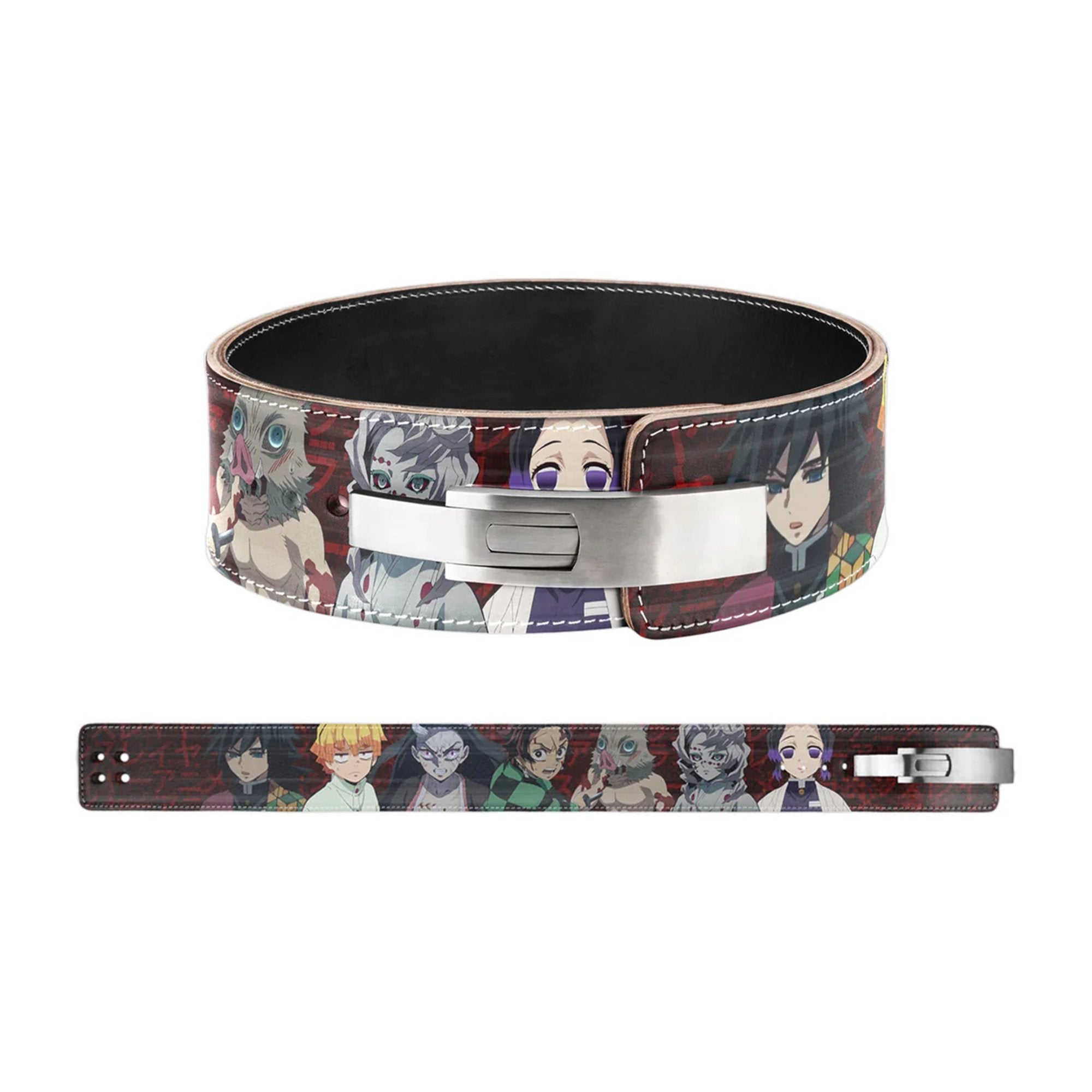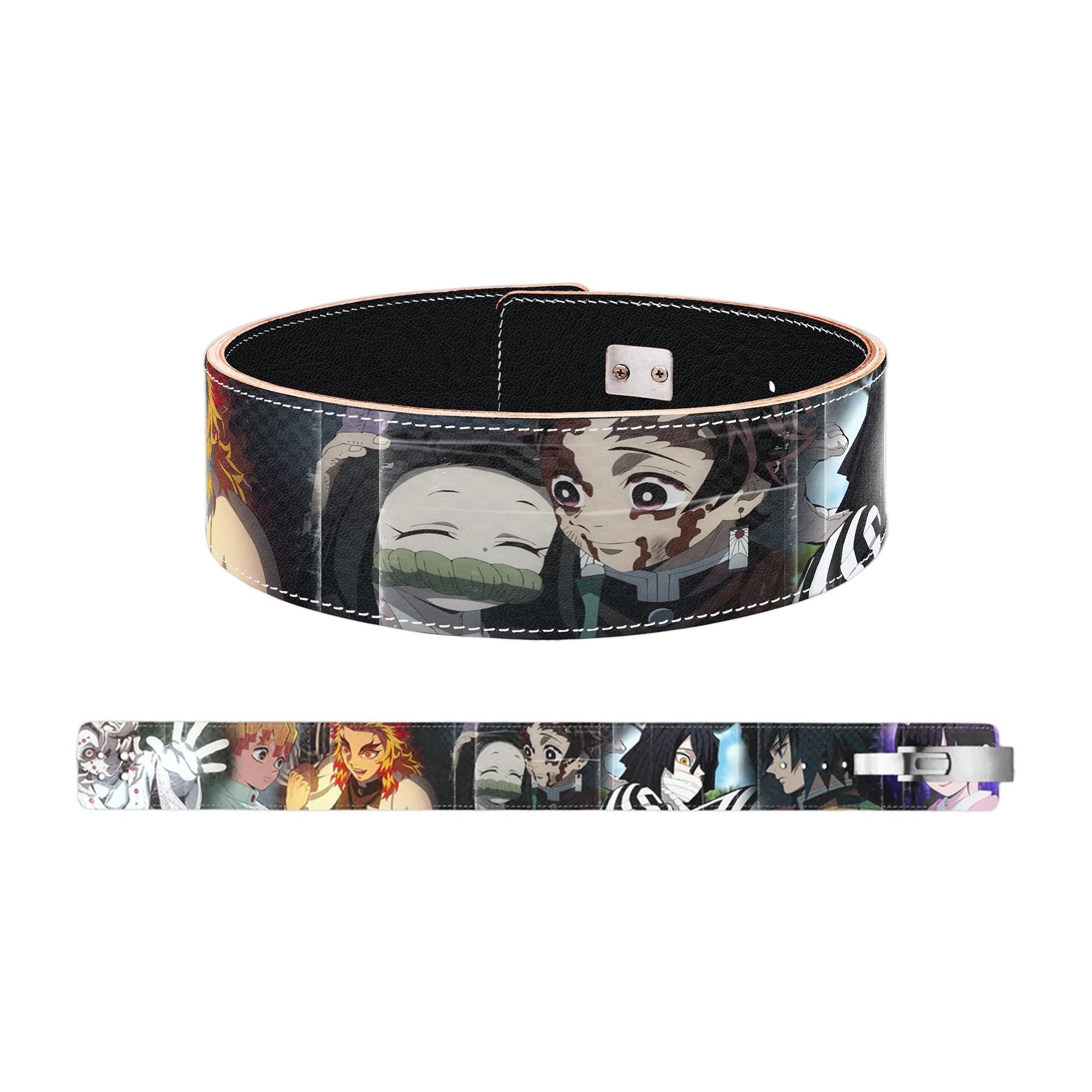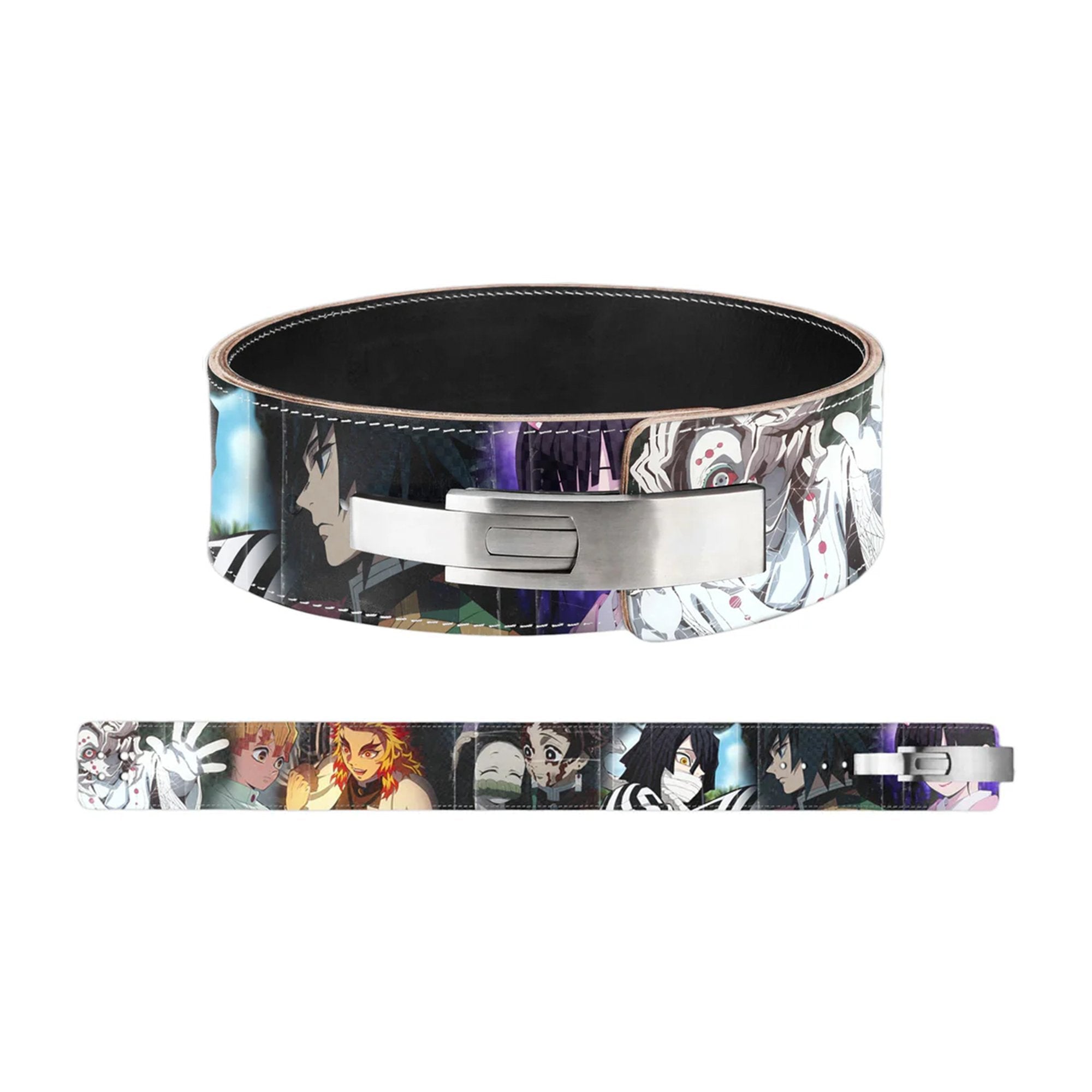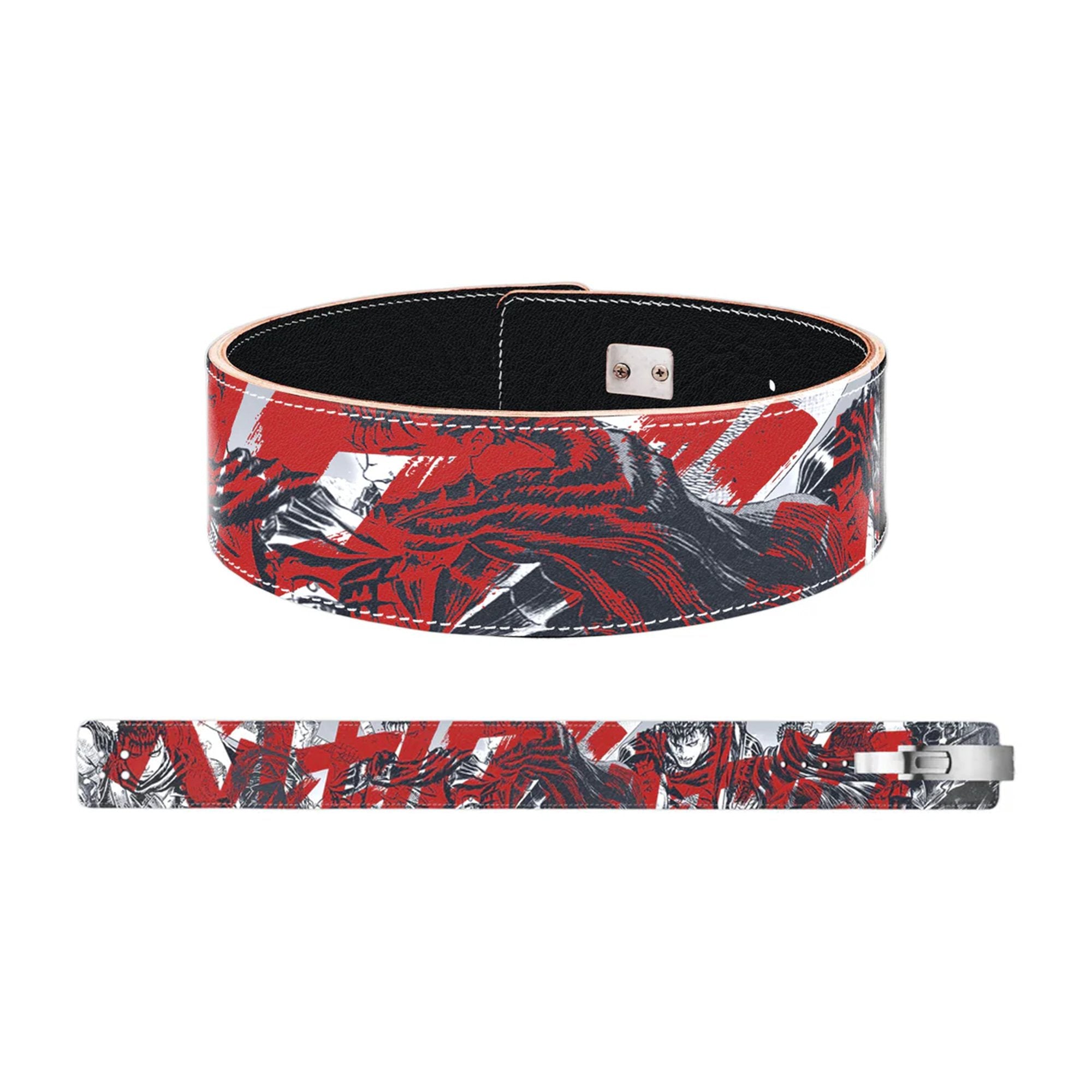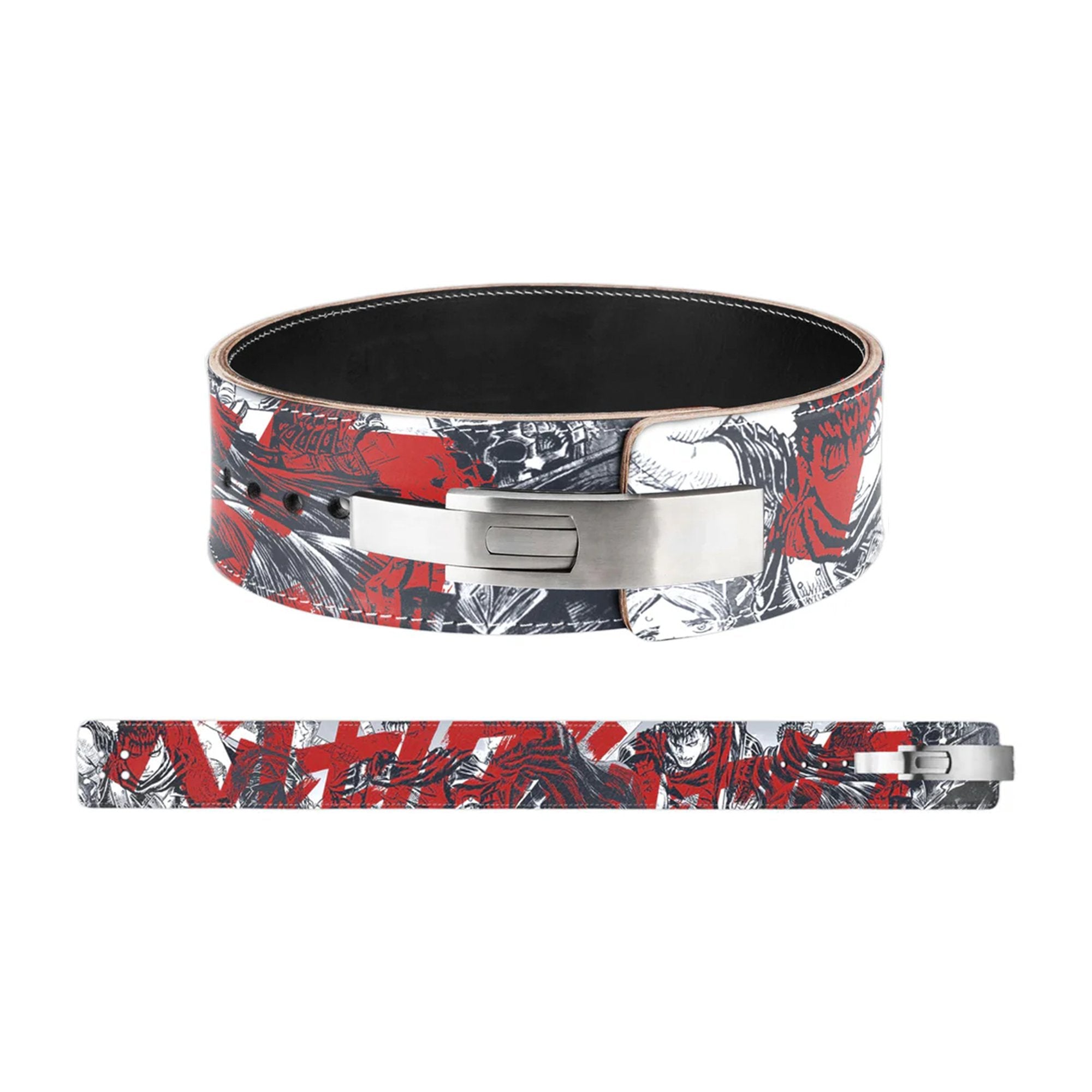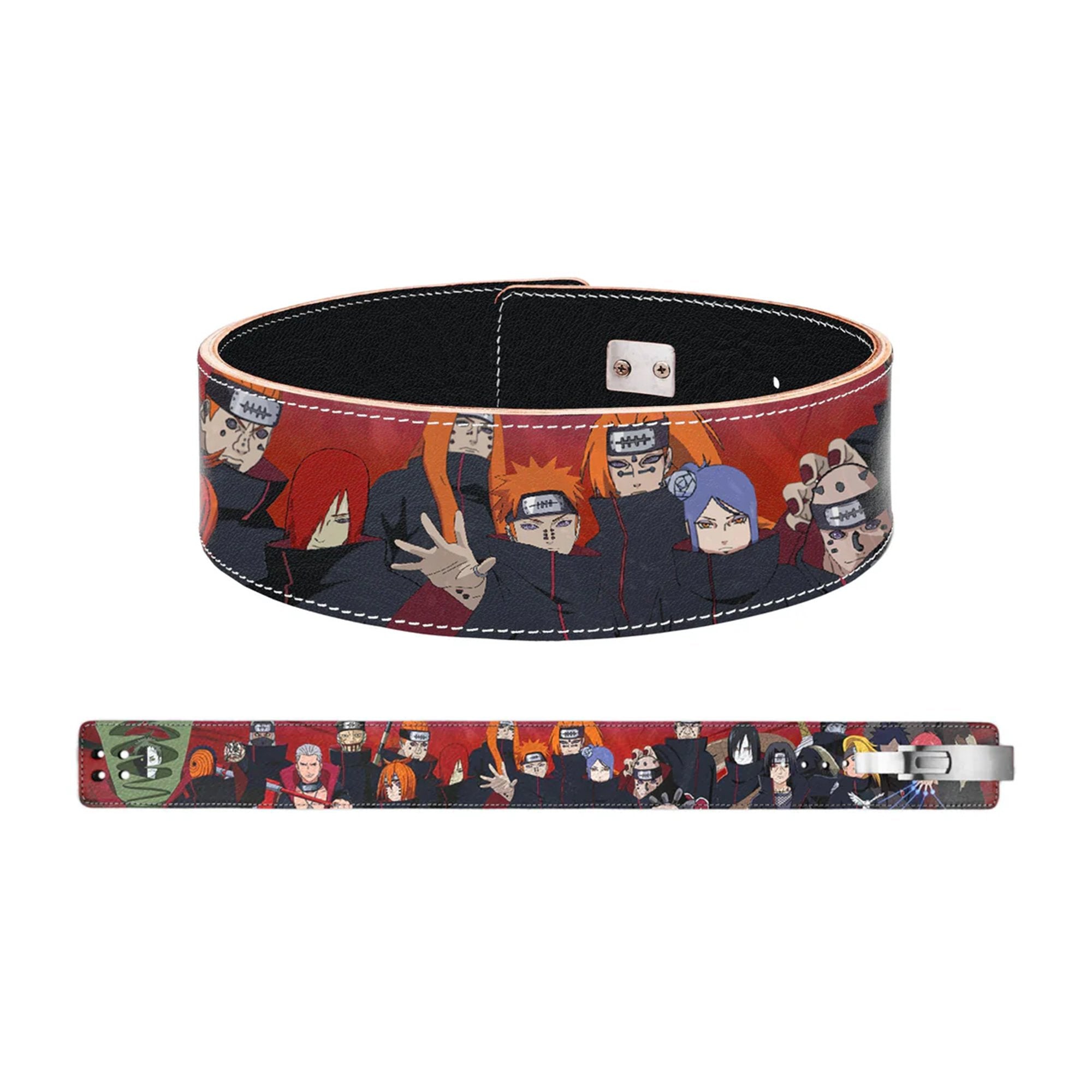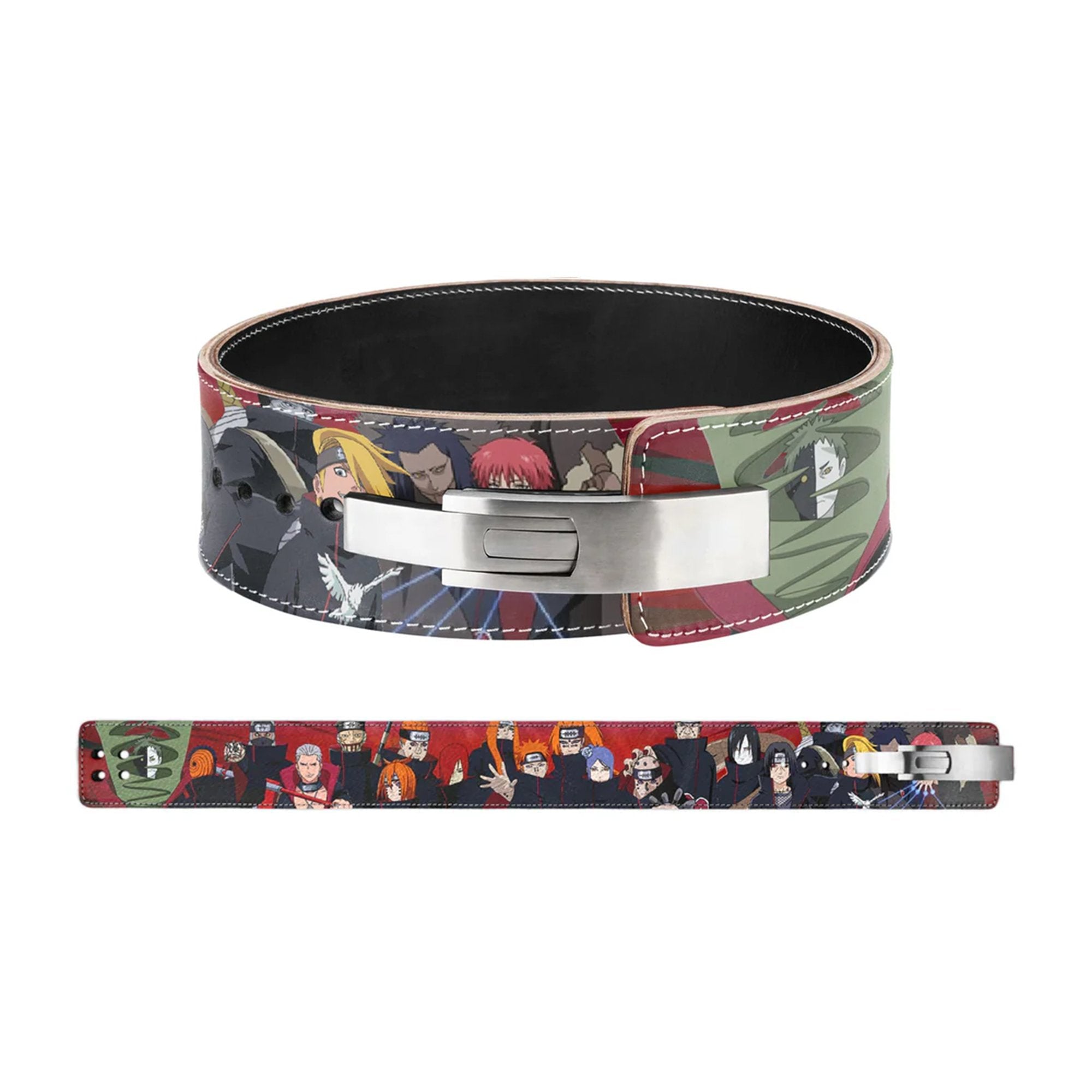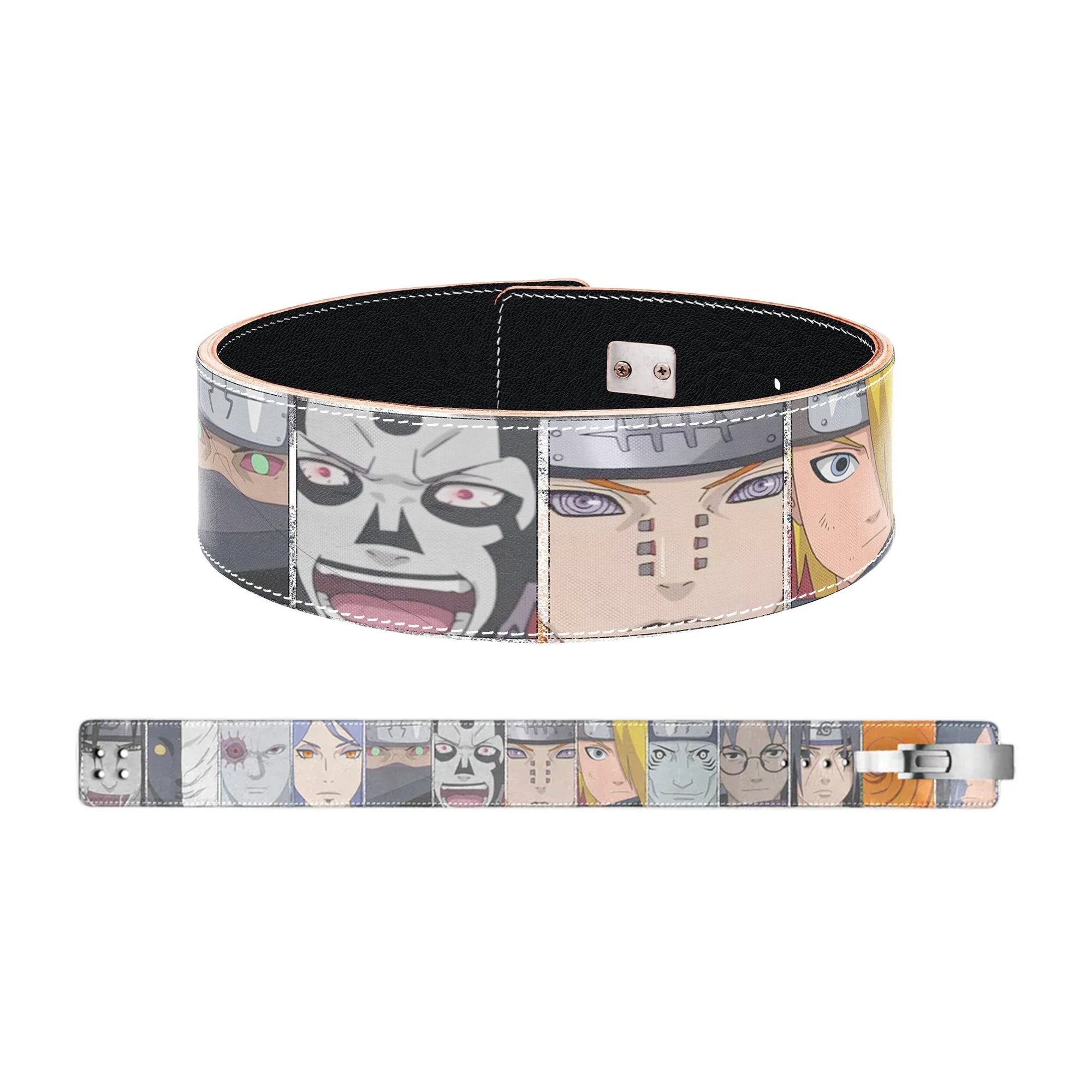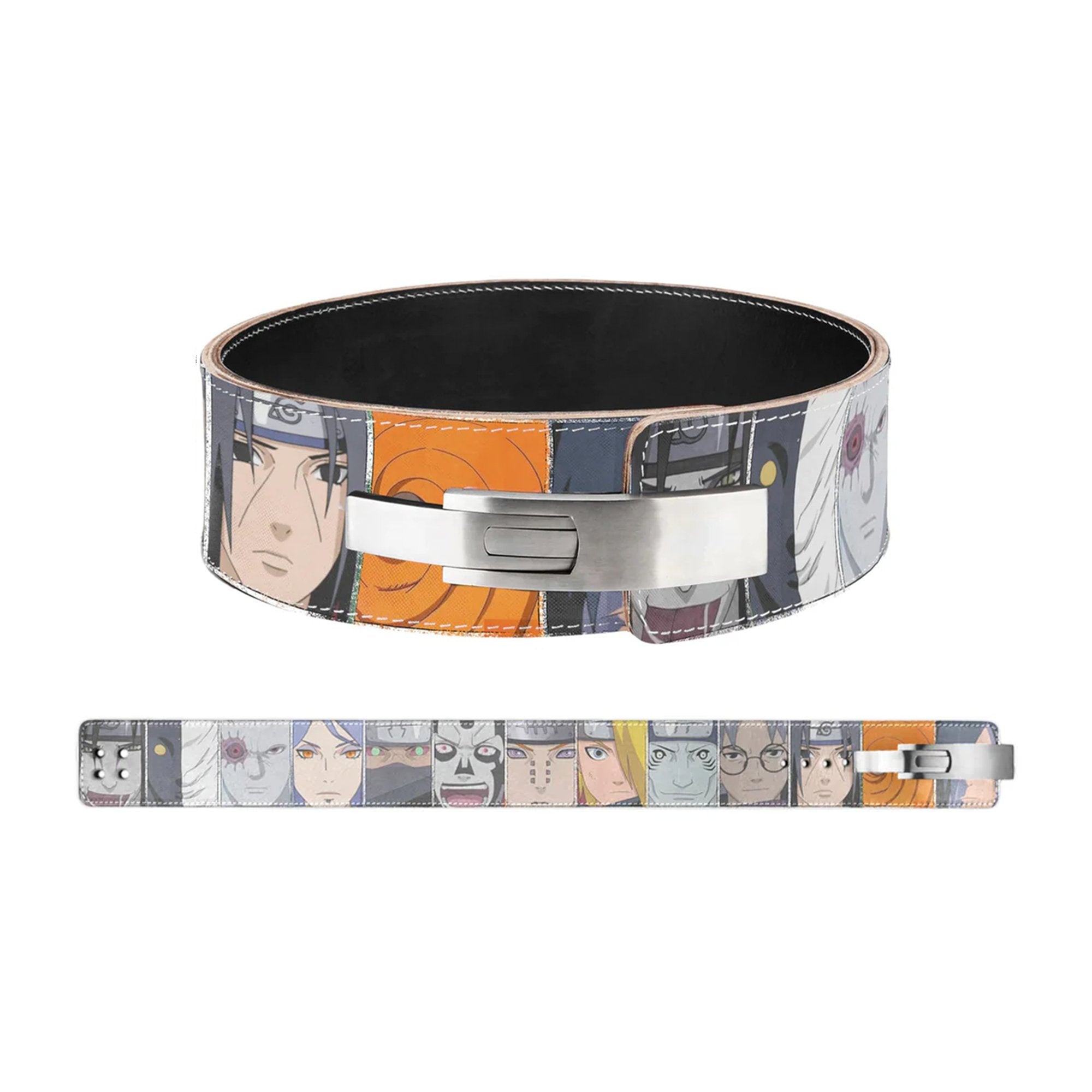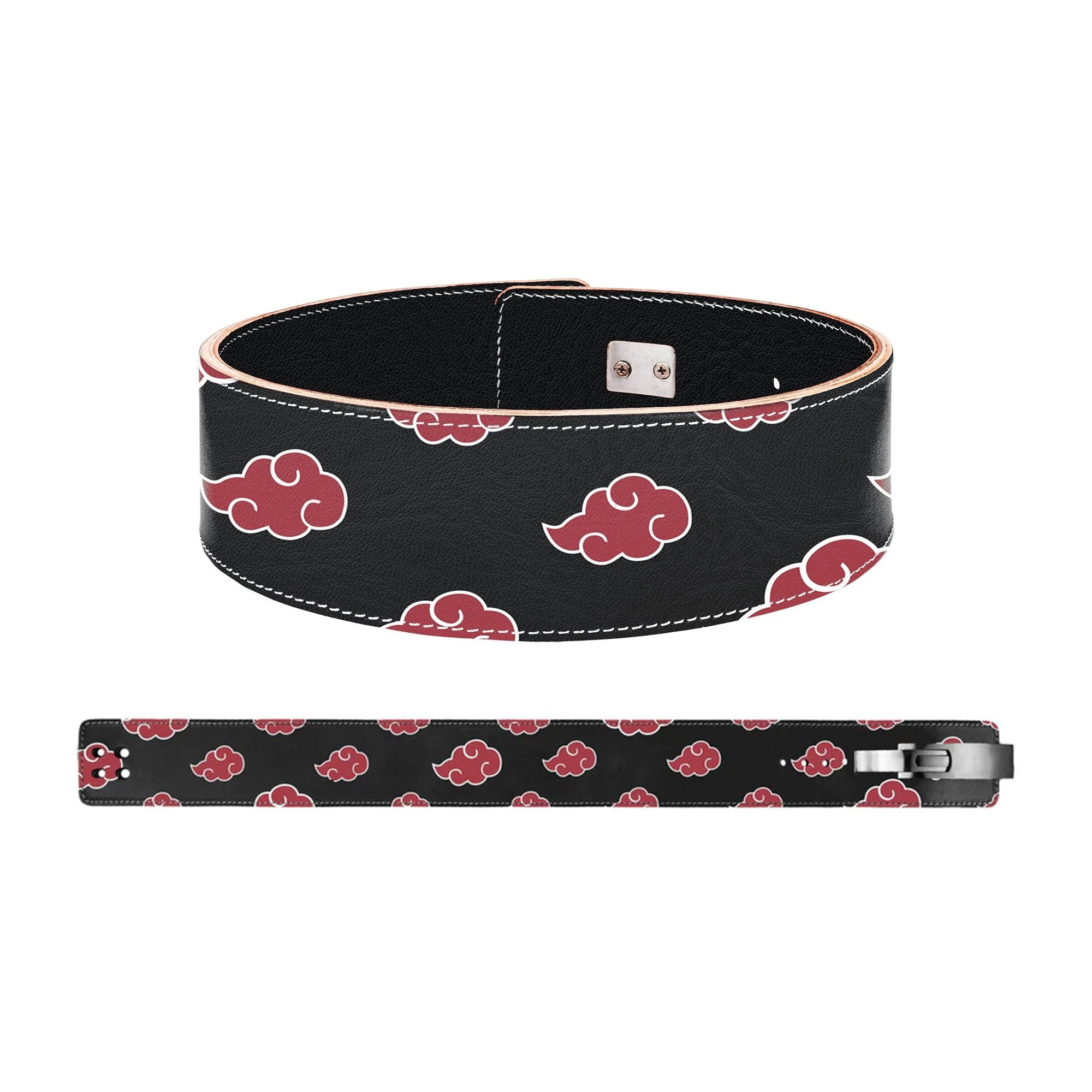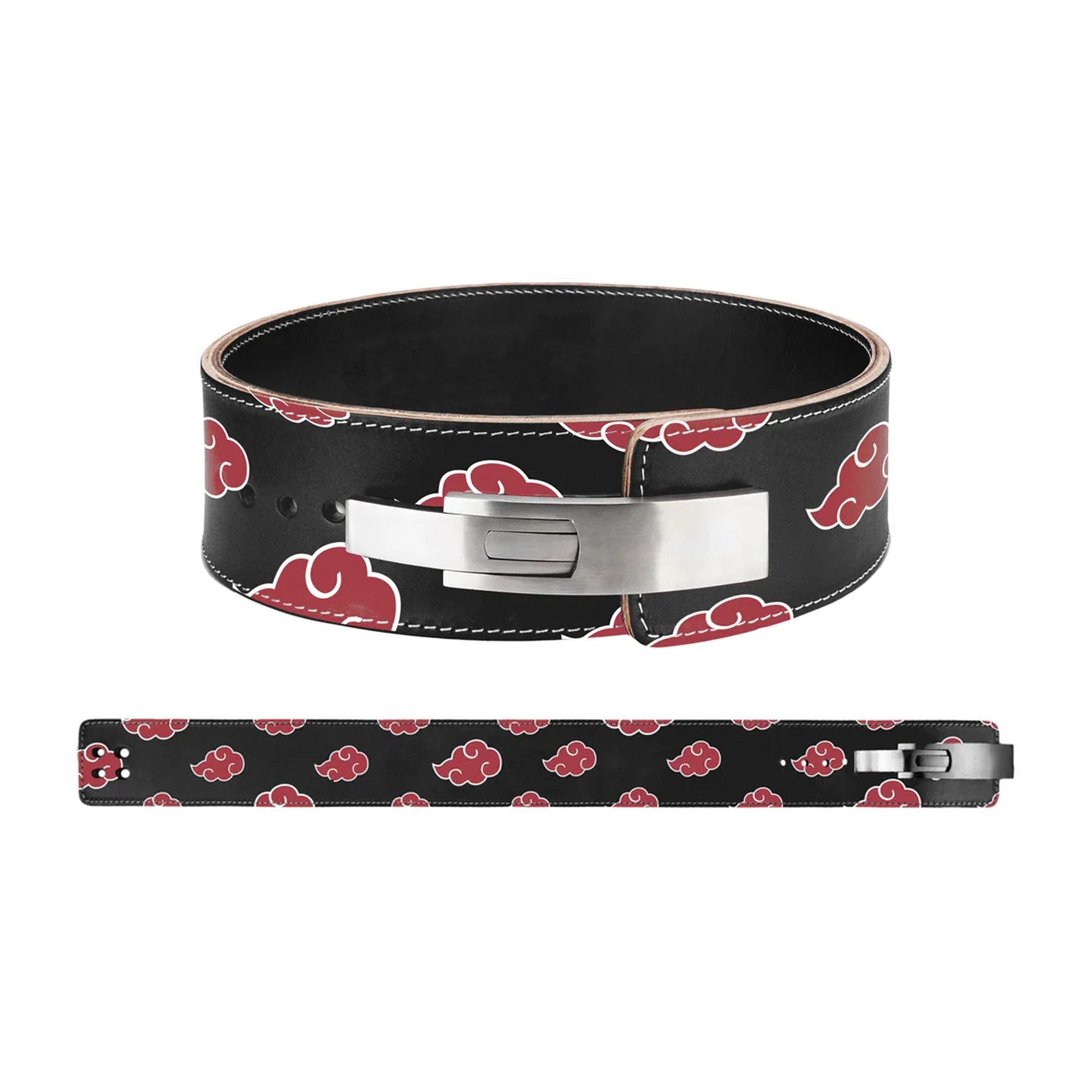Premium Weightlifting Belts for Added Safety
Looking for the best weightlifting belts to take your workouts to the next level? Gunsmith Fitness offers a range of premium leather weightlifting belts and adjustable gym belts that combine durability, comfort, and style. Designed for all levels of lifters, our collection of powerlifting equipment and strength training accessories is here to help you train harder, lift heavier, and stay safer in the gym.
Filters
Why Gym Safety Gear Matters for Every Athlete
When it comes to weightlifting, your success relies on more than just strength. Proper form, core bracing, and spine stabilization are essential—and that’s where a high-quality belt comes in. From gym newbies to seasoned pros, anyone can benefit from the added lumbar support and confidence that fitness support devices provide. Gunsmith Fitness delivers a lineup of premium workout performance enhancers to meet the needs of every lifter, so you can focus on achieving your goals. Purchase gear for gym with us.
Types of Lifting Belts and Core Stabilization Tools
Finding the right heavy lifting aid is key to your performance. Gunsmith Fitness offers a variety of belts tailored to different lifting styles. Here’s what you’ll find in our premium collection:
Custom Powerlifting Competition Belts
Want a belt that’s uniquely yours? Our custom powerlifting competition belts allow you to choose every detail, from thickness (6-7mm, 10mm, or 13mm) to buckle type (lever closure or prong buckle). Personalize it with your name, gym logo, or favorite color for a one-of-a-kind piece of strength training accessory. Perfect for adding style to your lifts without compromising performance. Shop other gym tools for training.
Apex 4-Inch Olympic Weightlifting Belts
The Apex 4-inch leather weightlifting belts are crafted with premium vegetable-tanned leather. Designed to improve core bracing and intra-abdominal pressure, they offer unbeatable support for deadlifts, squats, and more. With a 10mm thickness and single-prong buckle, they are ideal for serious lifters focused on stability and control.
Camo CrossFit Support Belts
Need a belt that’s both functional and stylish? The camo version of the Apex belt delivers the same durability and performance but with a bold, eye-catching design. These CrossFit support belts provide the flexibility and strength you need for dynamic workouts.
Shibusa Brown Leather Prong Buckle Belts
Elegance meets power with the Shibusa Brown belt. Made from rich brown leather and featuring a single-prong buckle, this gym safety gear is perfect for lifters who value both aesthetics and performance. Its sleek design and strong lumbar support make it an excellent choice for heavy lifters.
Women’s Neoprene Weightlifting Straps
Designed for comfort and flexibility, these nylon lifting straps cater specifically to women. Lightweight yet durable, they’re ideal for exercises like overhead presses, deadlifts, and more. Whether you’re hitting a CrossFit class or working on your personal best, these straps ensure support and ease of movement. Browse gym support gear at our store.
How to Choose the Perfect Heavy Lifting Aid
Selecting the right fitness support device doesn’t have to be complicated. Follow these steps to make the best choice:
-
Match Your Goals with the Gear: If you’re training for powerlifting or heavy lifts like squats and deadlifts, go for thicker belts like the 10mm or 13mm options. For general strength training or CrossFit, a thinner belt offers the perfect balance of flexibility and support.
-
Pick the Right Material: For long-lasting durability and superior spine stabilization, opt for leather weightlifting belts. If comfort and versatility are your priorities, try lightweight nylon lifting straps or neoprene options.
-
Choose a Buckle That Works for You: Lever closure belts are ideal for quick adjustments during training, while prong buckle belts offer a classic design and reliable fit.
-
Get the Fit Right: Measure your waist at your belly button to find the correct size. A snug fit ensures optimal core stabilization tools while lifting. Avoid using your pant size as it might not reflect the right dimensions.
-
Look for Customization: Want to make your belt stand out? Our custom belts let you personalize your gear with unique designs, colors, or logos that reflect your personality.
Think of it like this: choosing a lifting belt is like picking the perfect pair of shoes. The right fit, style, and functionality can make all the difference in how you perform.
Whether you need a high-performance Olympic weightlifting belt, a stylish CrossFit support belt, or a personalized powerlifting competition belt, Gunsmith Fitness has you covered. Explore our collection of strength training accessories today and discover the gym safety gear that’s right for you. It's time to lift stronger, safer, and smarter!
Need help?
Frequently Asked Questions
Weightlifting belts enhance intra-abdominal pressure, providing lumbar support and spine stabilization during heavy lifts like squats and deadlifts. This support helps maintain proper lifting form and reduces the risk of injury.
Consider factors such as belt material (leather or nylon), thickness, width, and closure type (lever or prong buckle). Your lifting style and personal comfort preferences should guide your choice.
Use a belt during heavy compound lifts like squats, deadlifts, and overhead presses, especially when lifting near your maximum capacity. For lighter lifts and accessory exercises, it's beneficial to train without a belt to develop natural core strength.
Over-reliance on a belt can lead to decreased core muscle engagement. It's important to balance belt use with exercises that strengthen your core independently.
Yes, most powerlifting and weightlifting competitions permit belts, but they must meet specific regulations regarding width, thickness, and material. Always check the rules of your specific federation.
The belt should be snug but not restrictive, allowing you to brace your core effectively without impeding breathing or movement.
Lever belts offer quick adjustments and a consistent fit, while prong buckle belts provide more flexibility in tightness adjustments. Your choice depends on personal preference and lifting requirements.
Beginners can use belts, but it's crucial to first develop proper lifting techniques and core strength. A belt should complement, not replace, good form.
For leather belts, wipe with a damp cloth and use leather conditioner periodically. Nylon belts can often be hand-washed with mild soap and air-dried. Always follow the manufacturer's care instructions.
While belts provide support and can reduce the risk of certain injuries, they are not foolproof. Proper technique, appropriate weight selection, and overall conditioning are essential for injury prevention.


